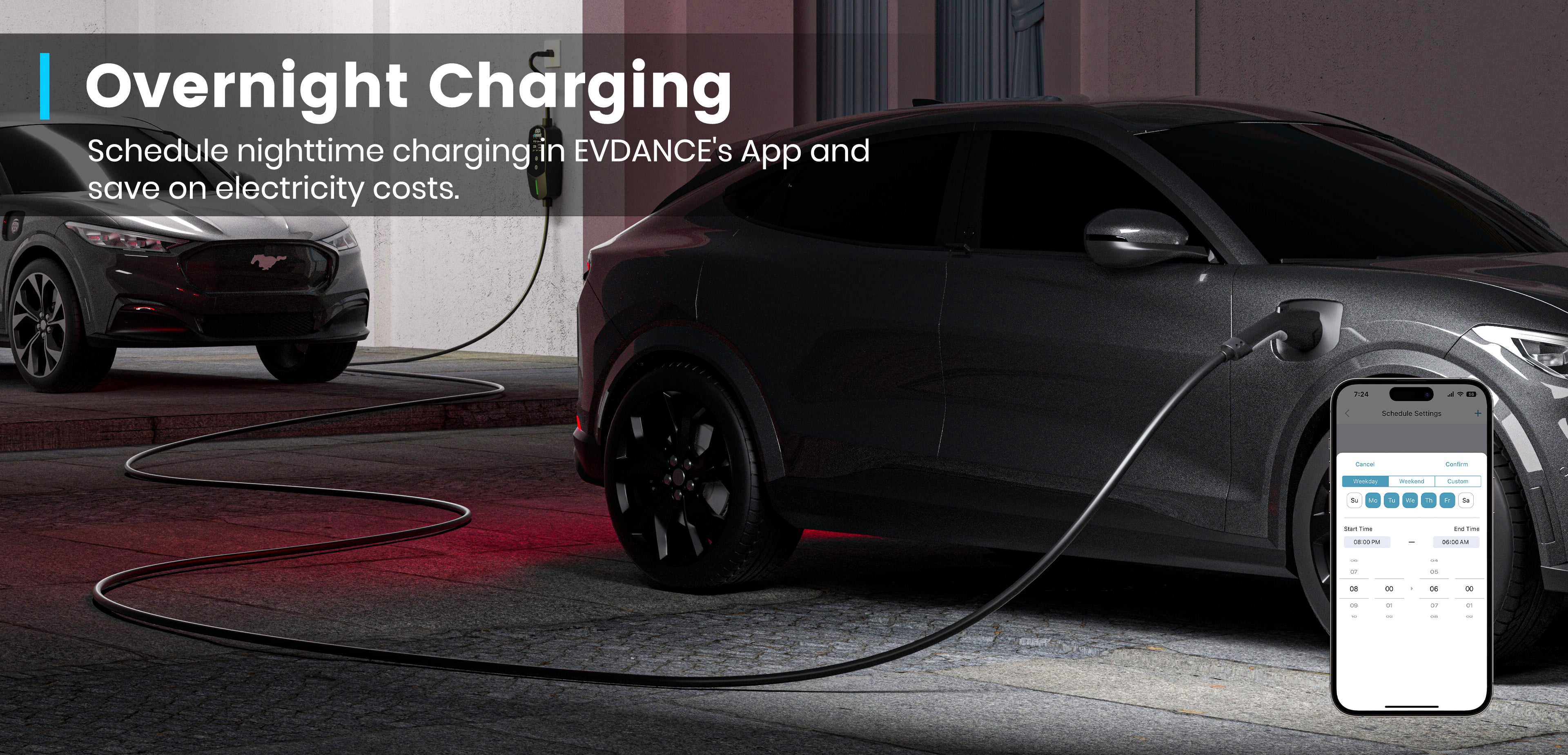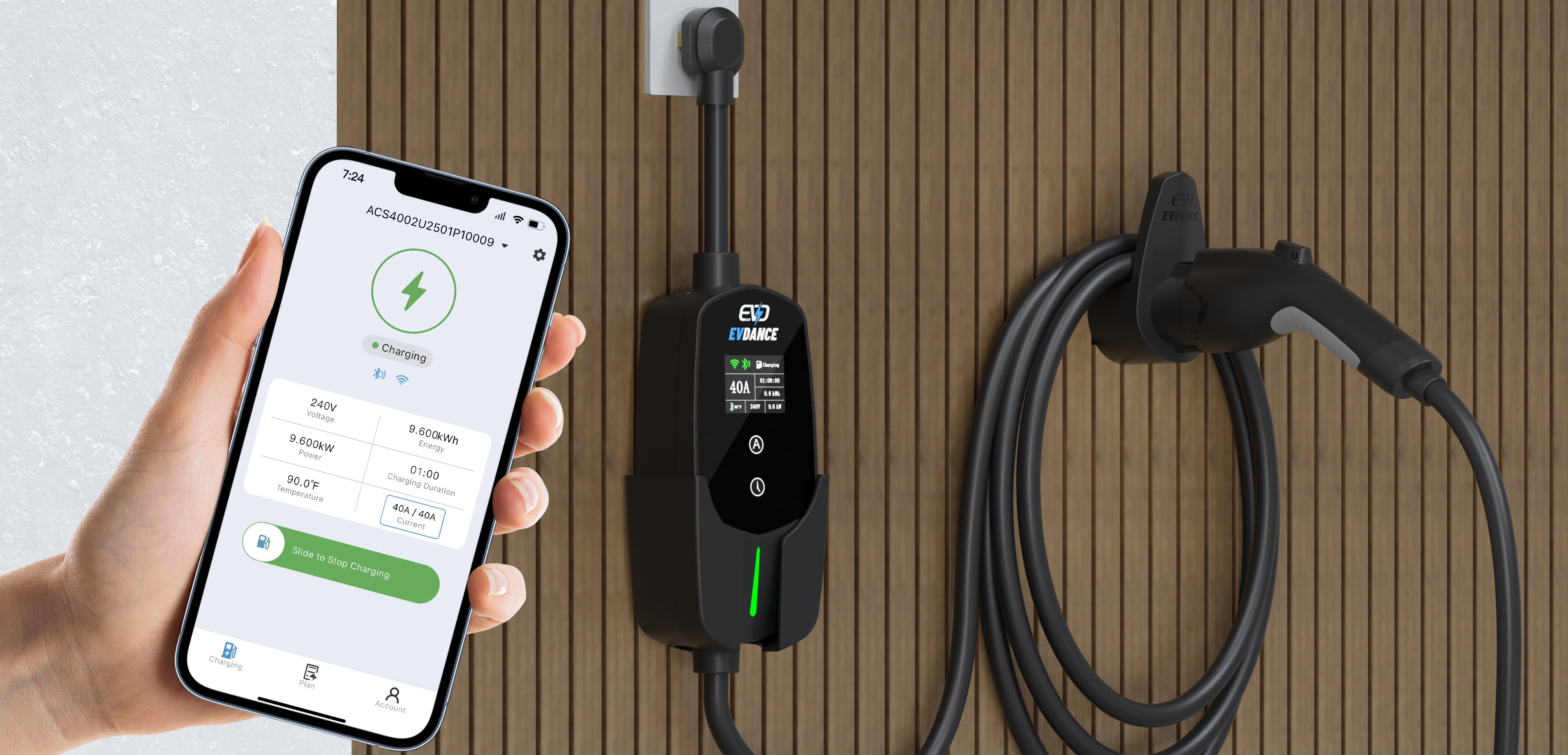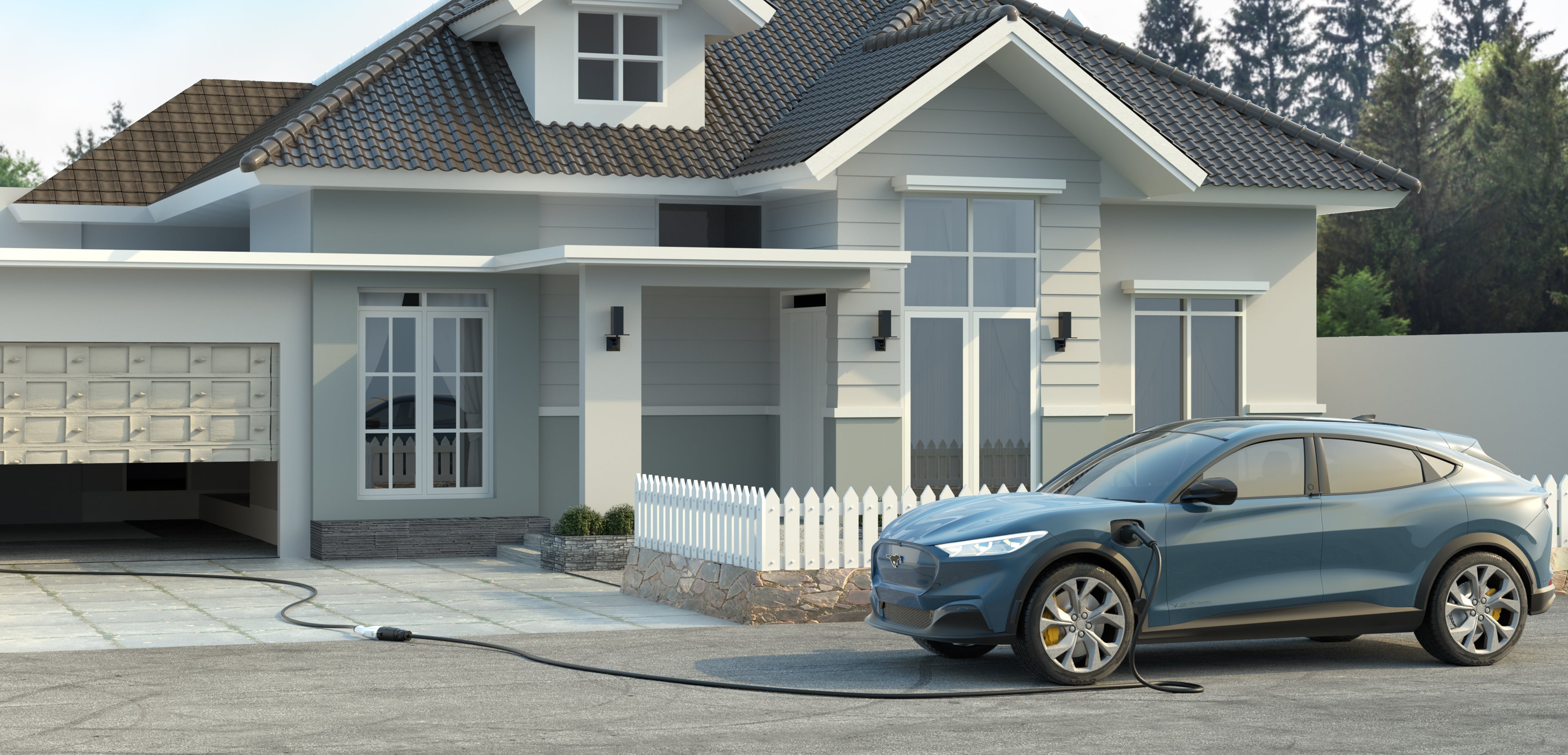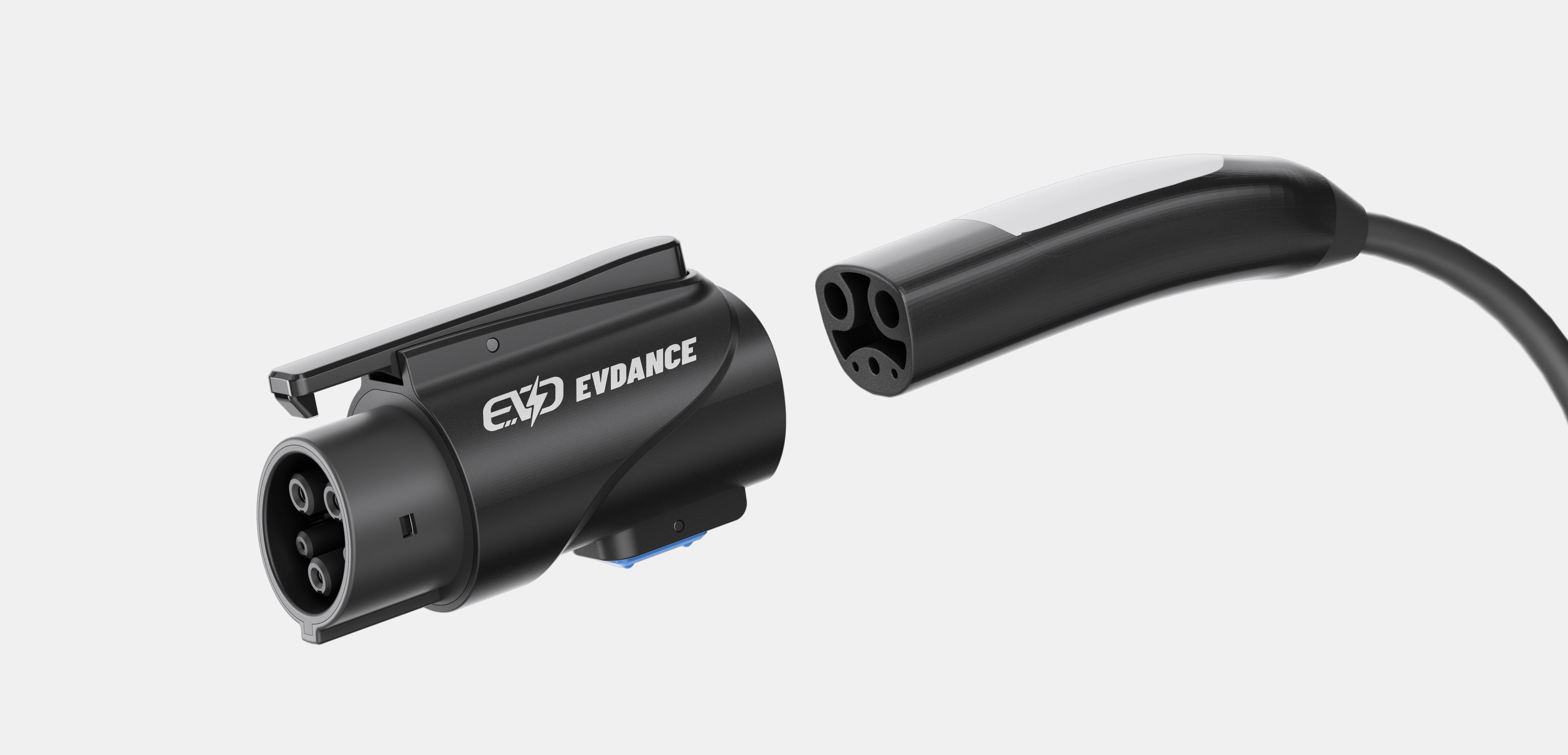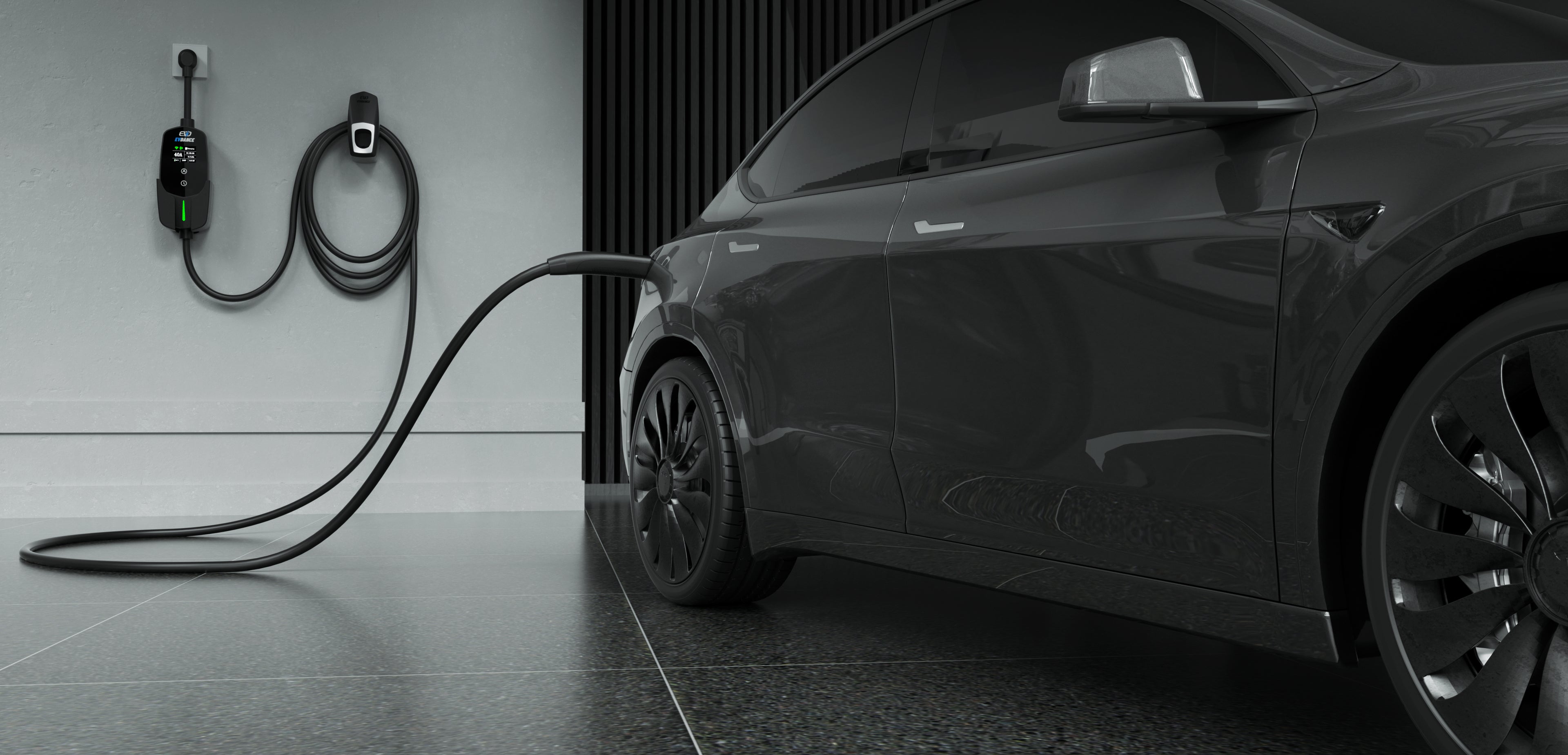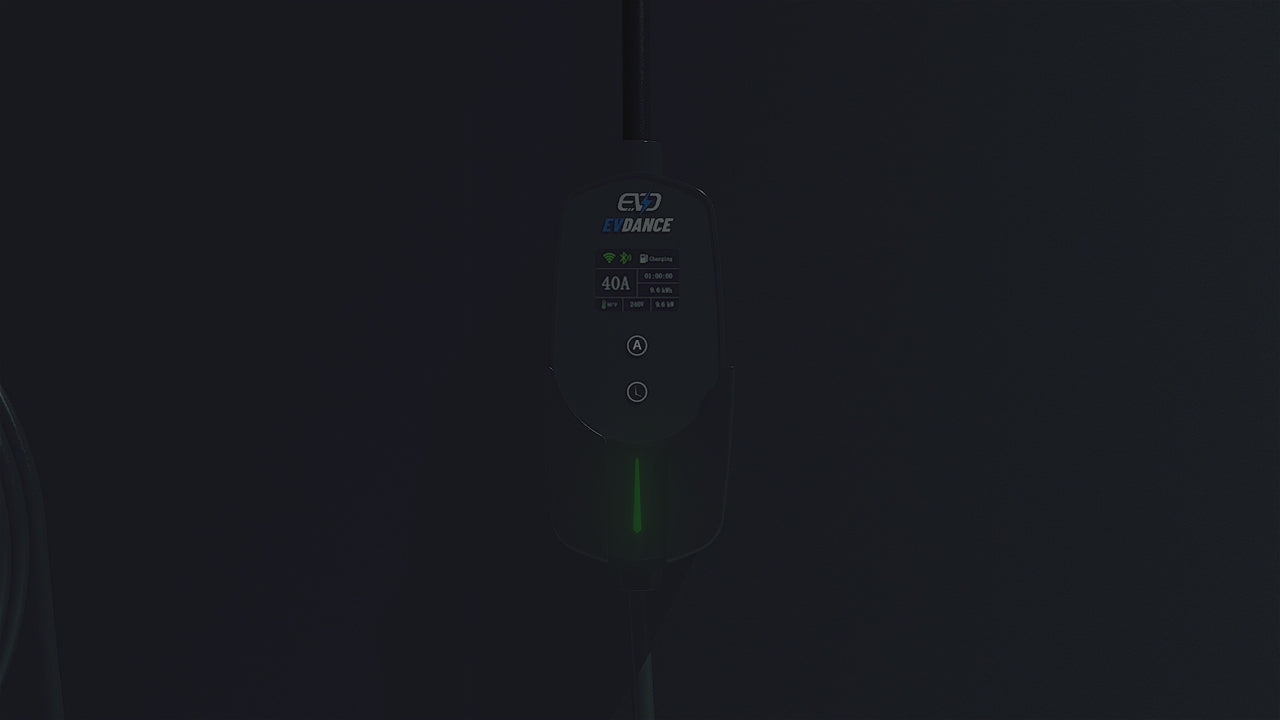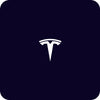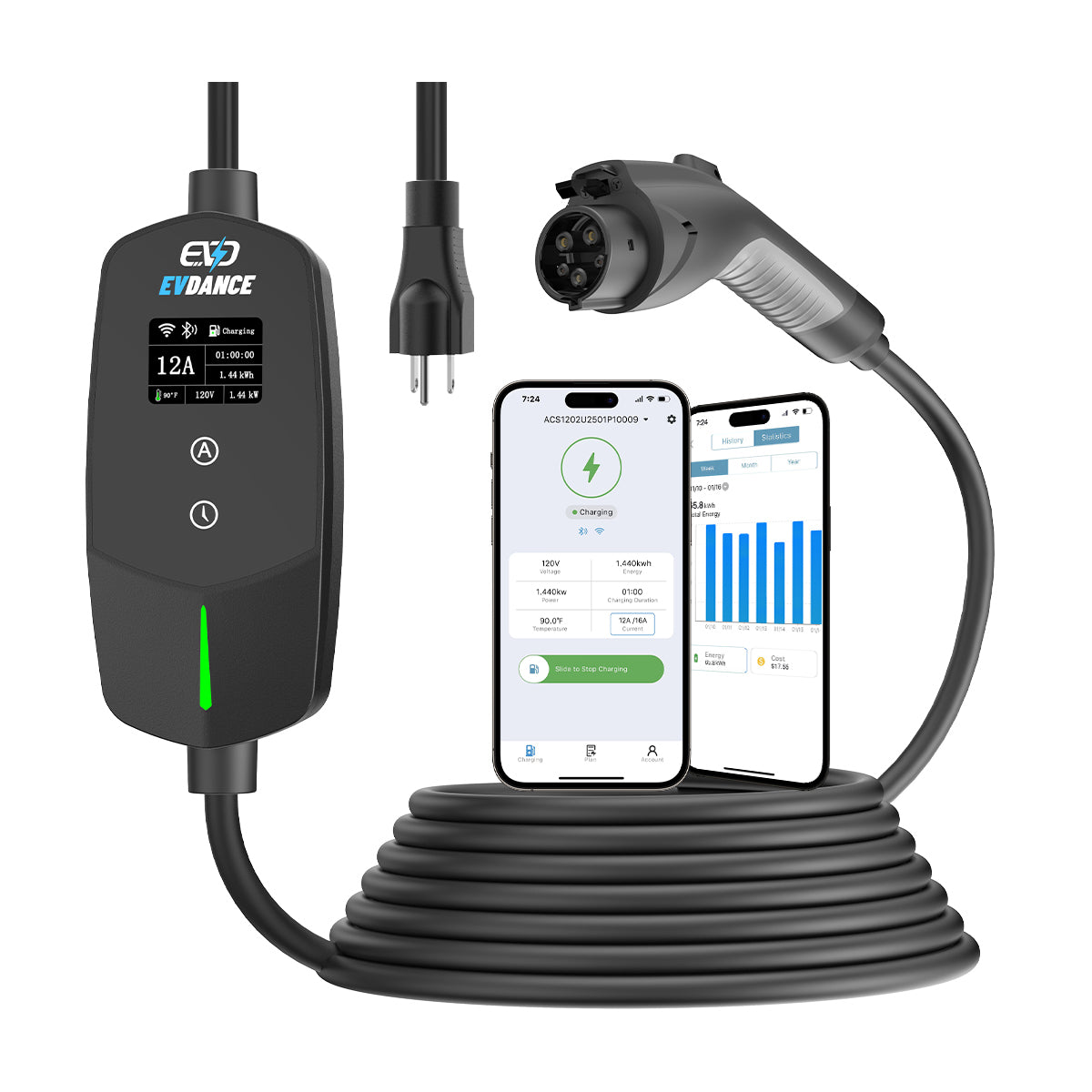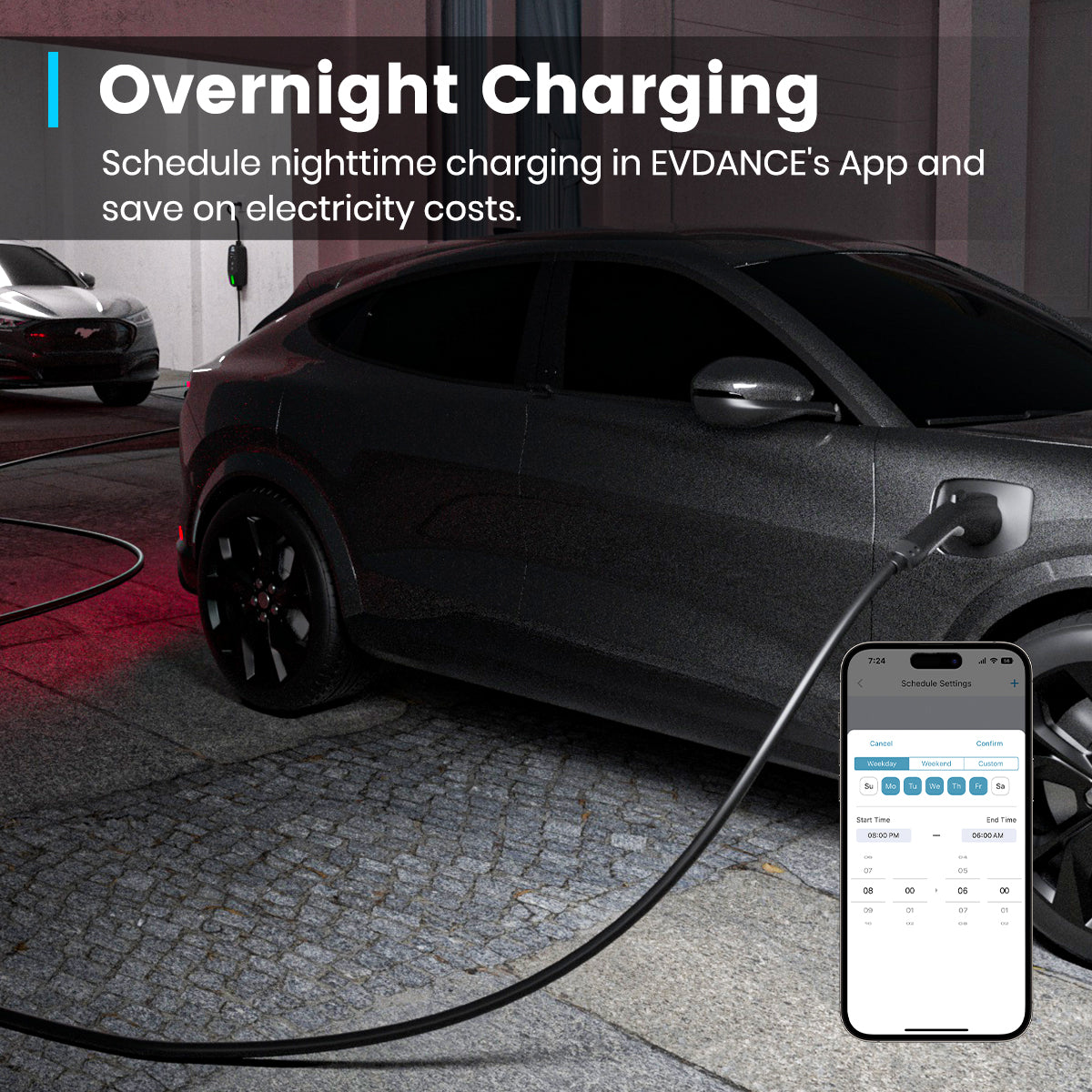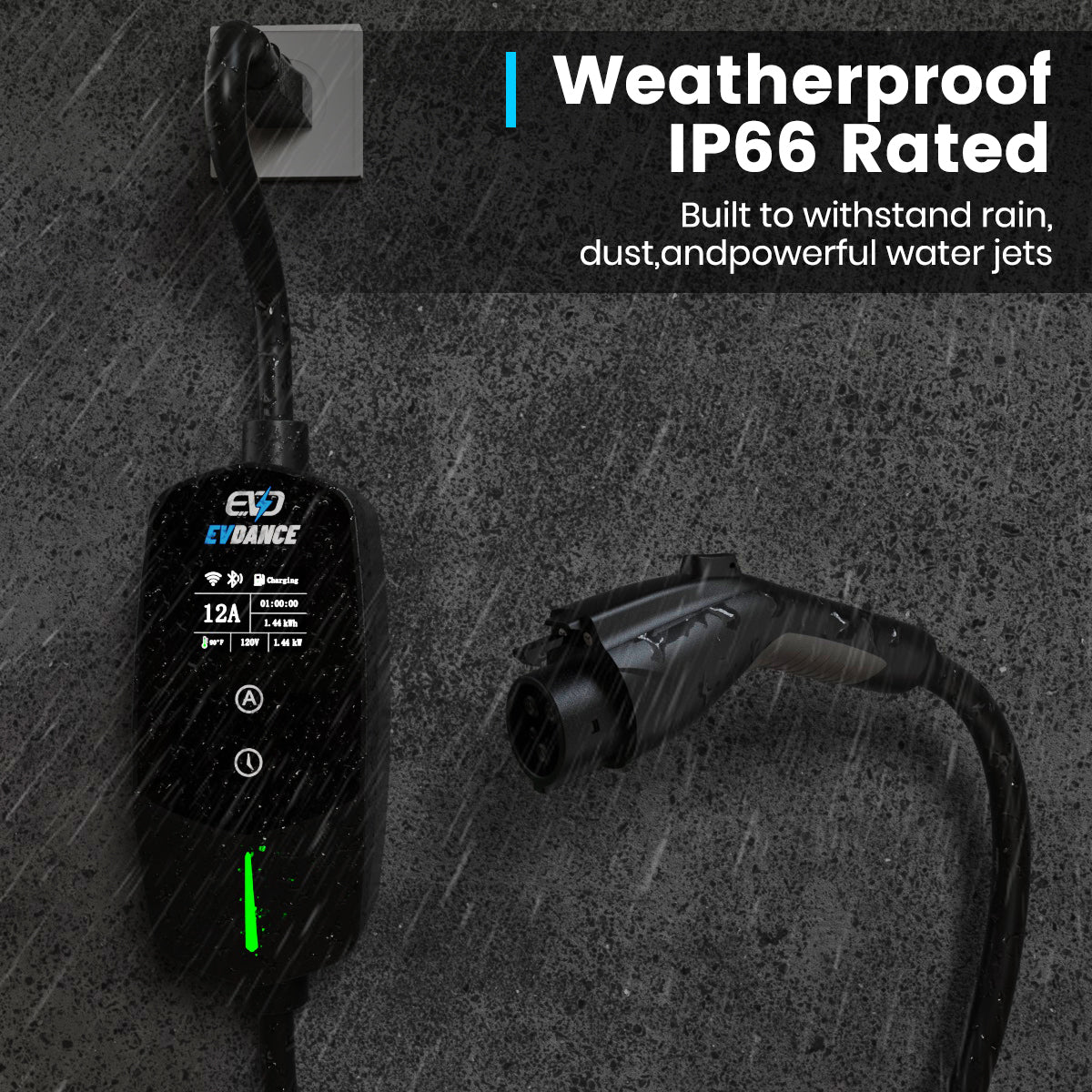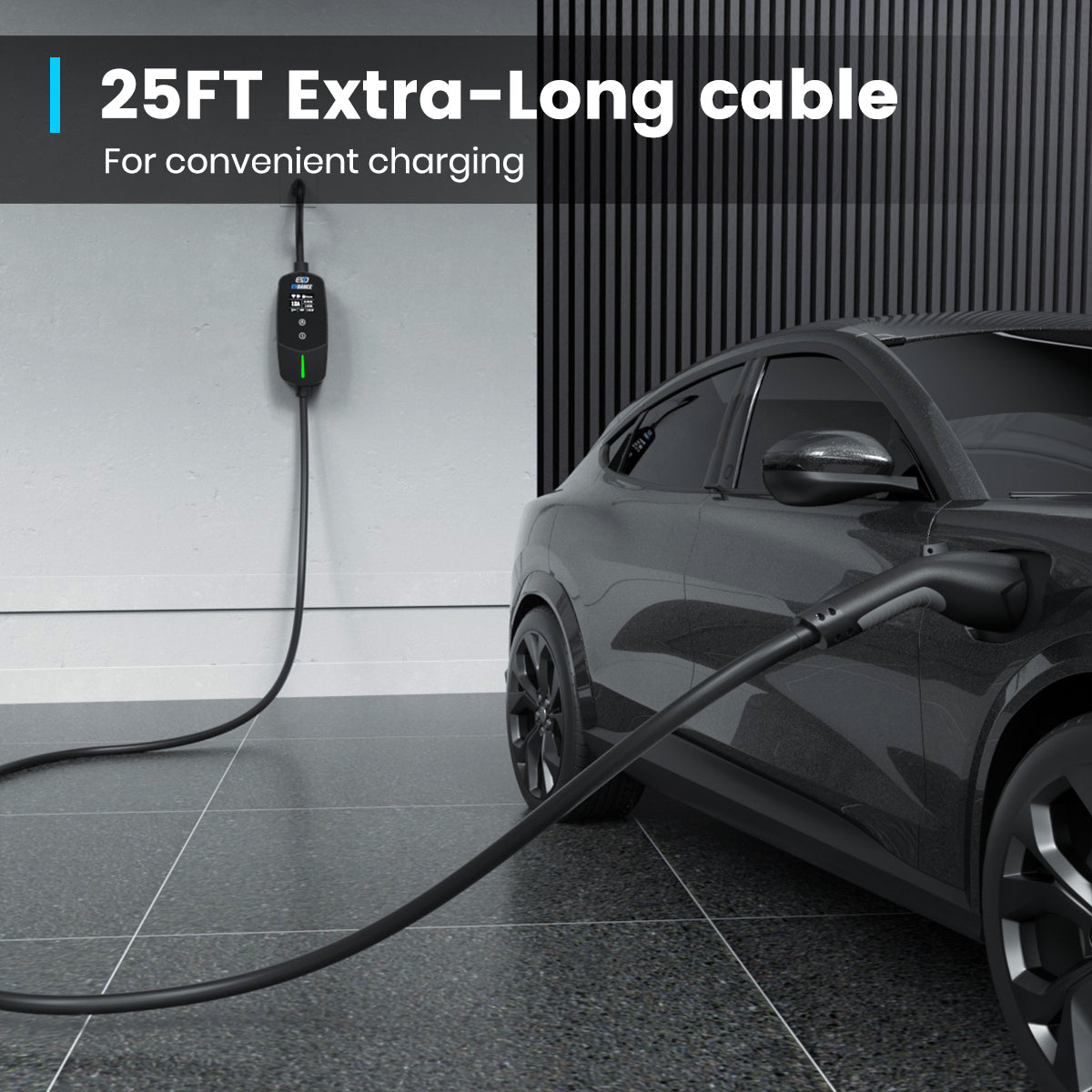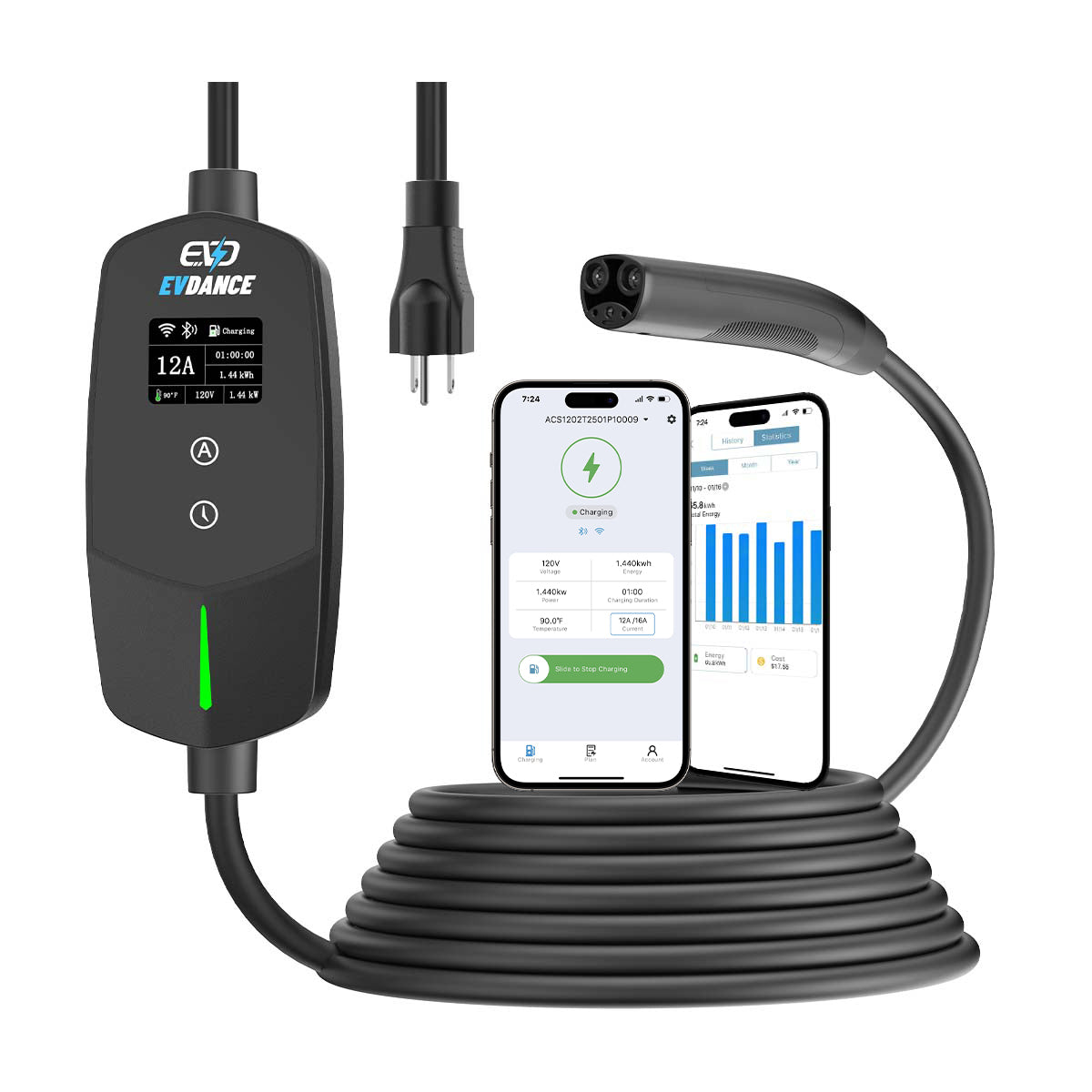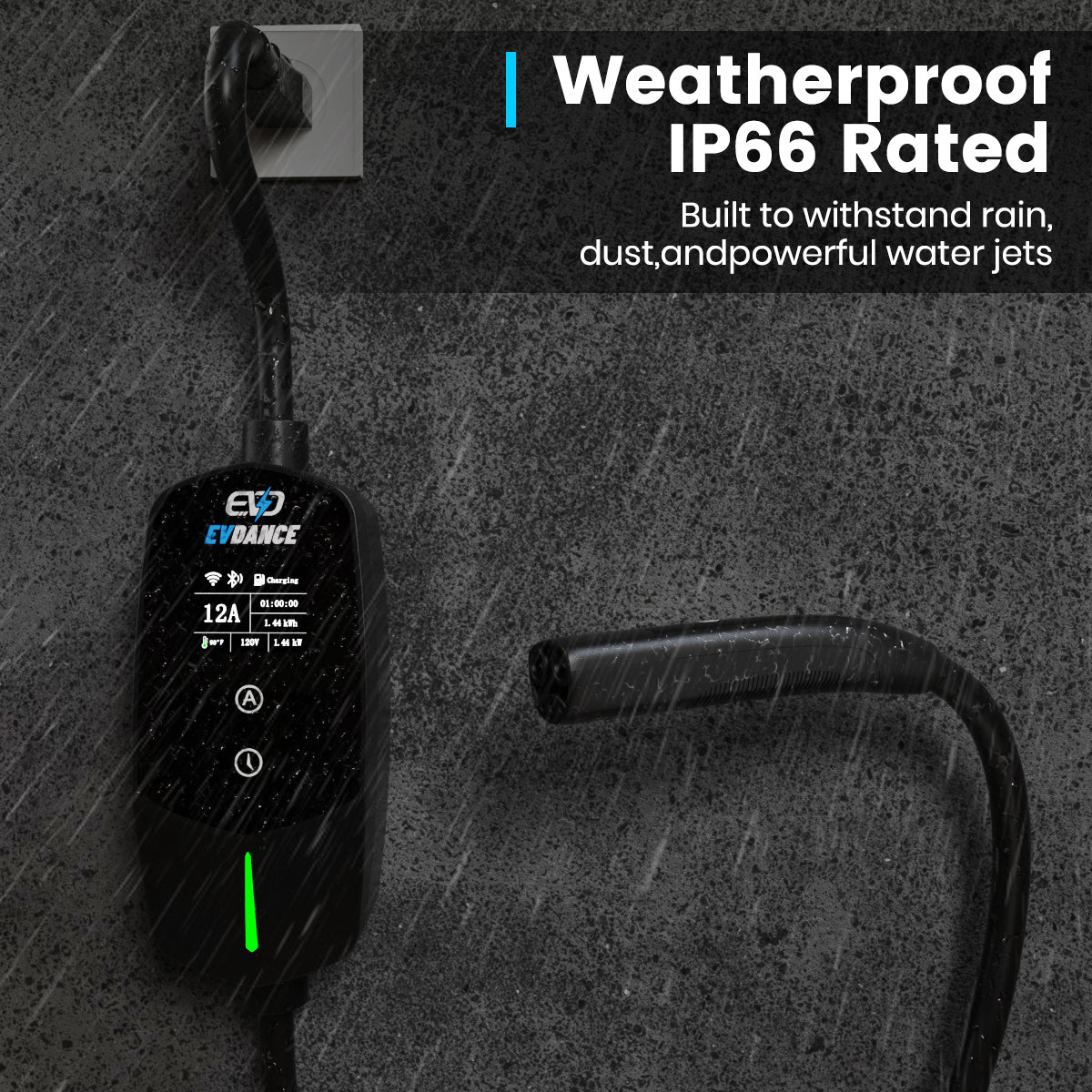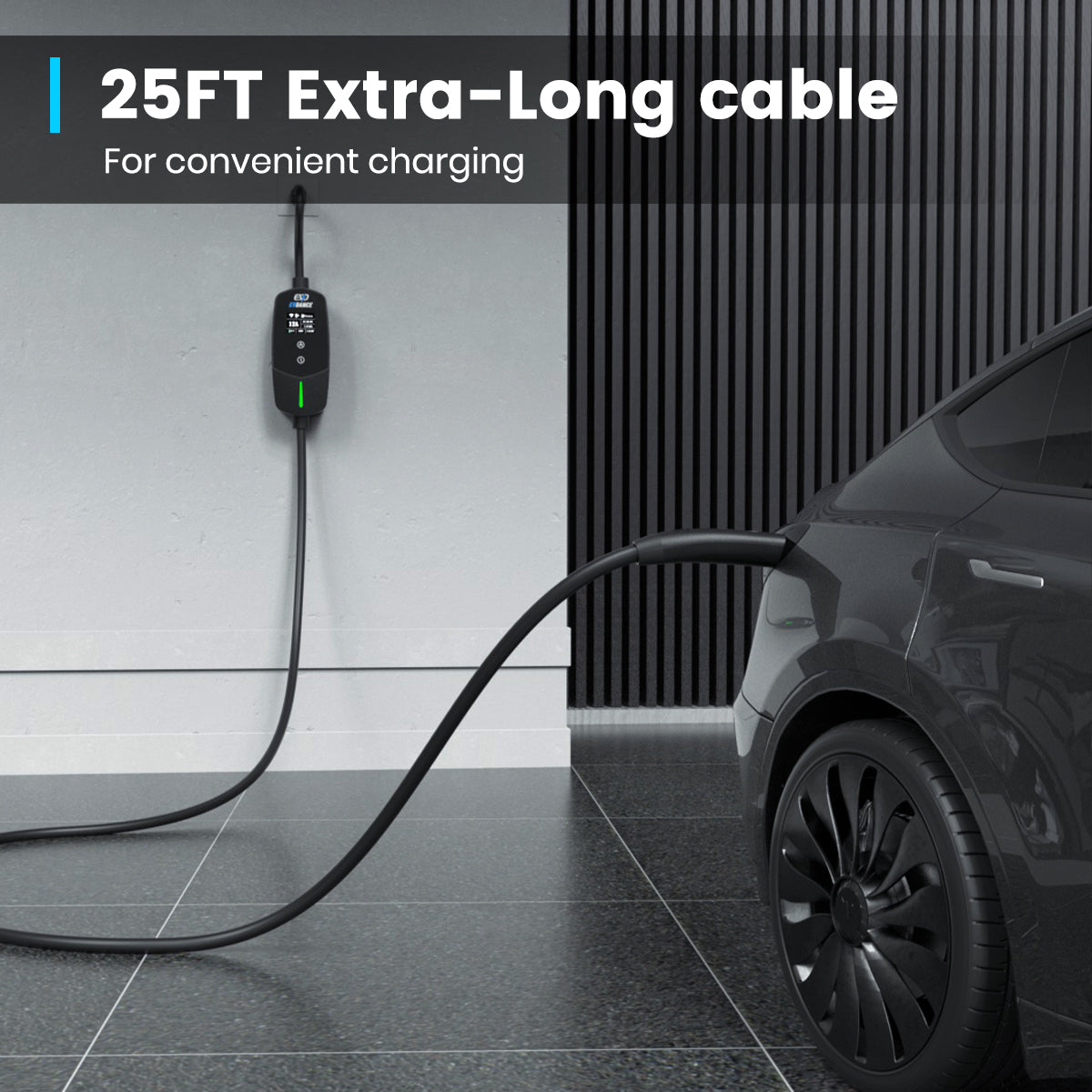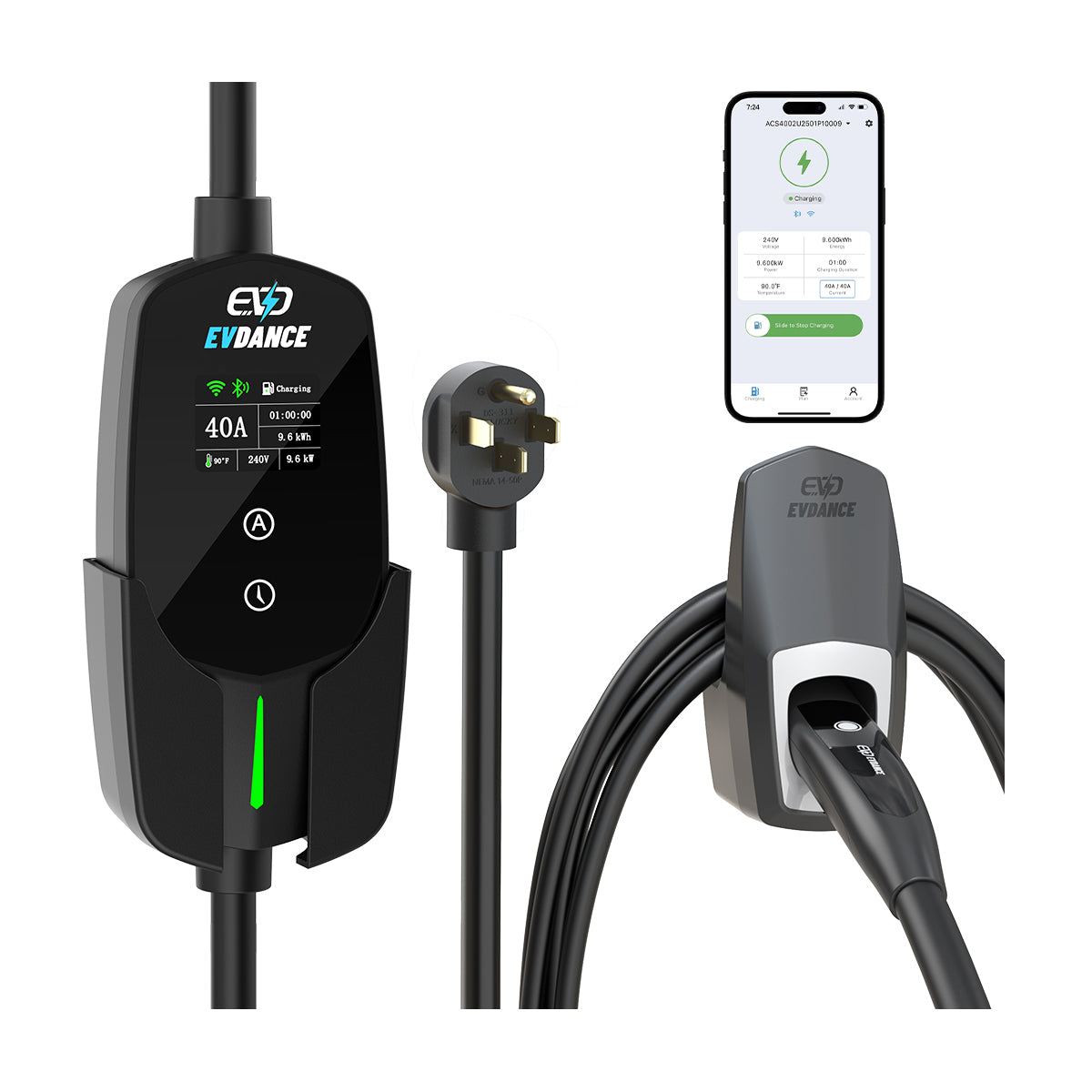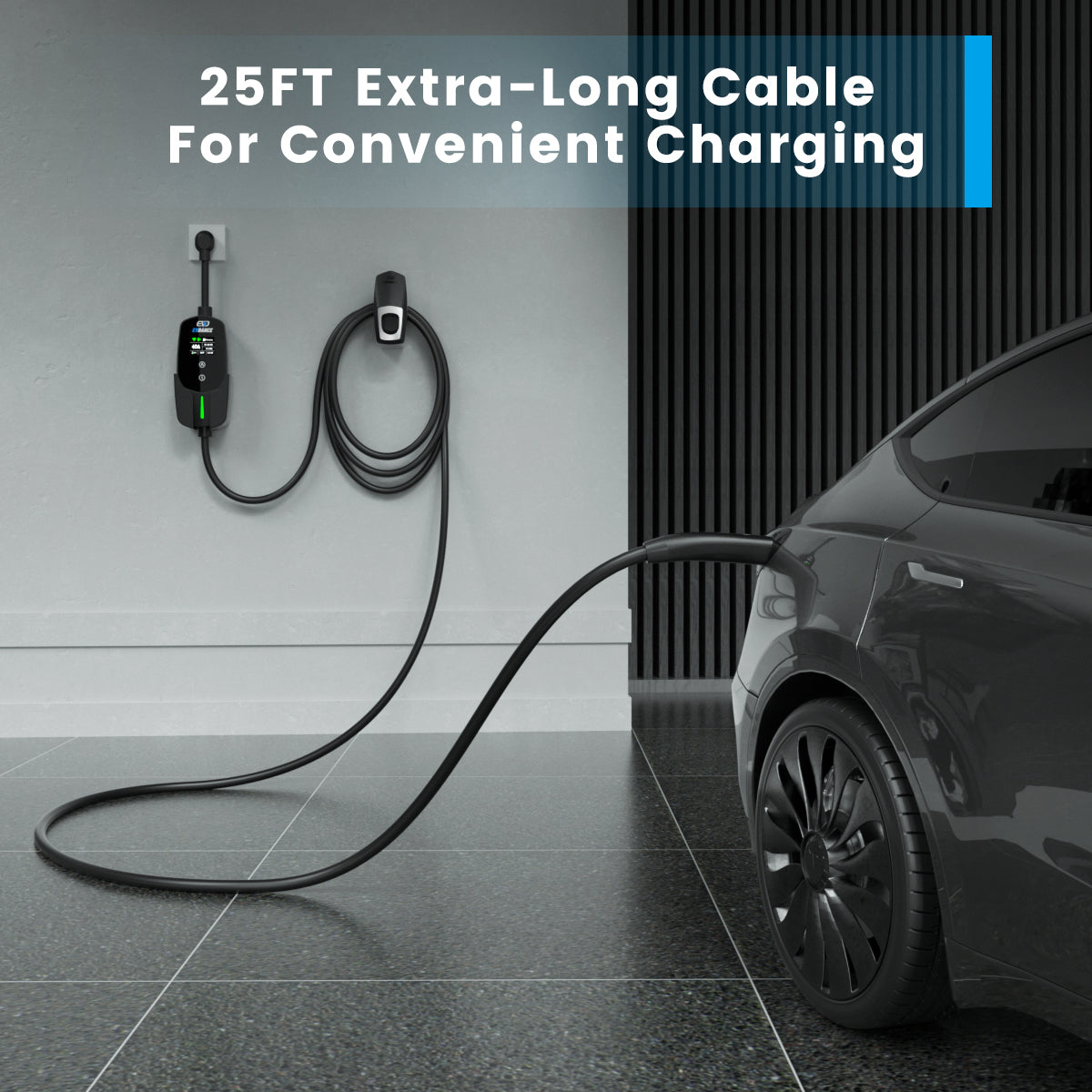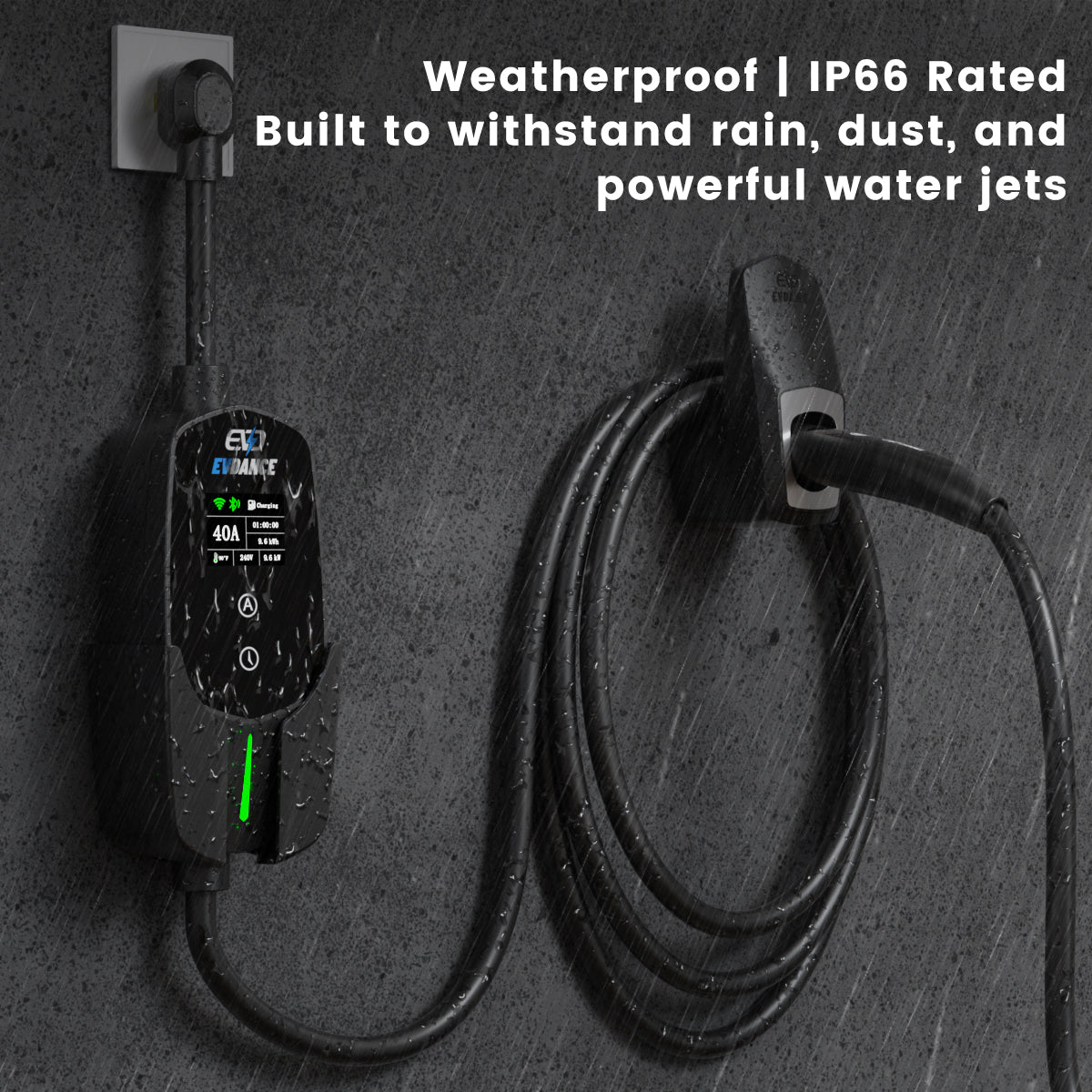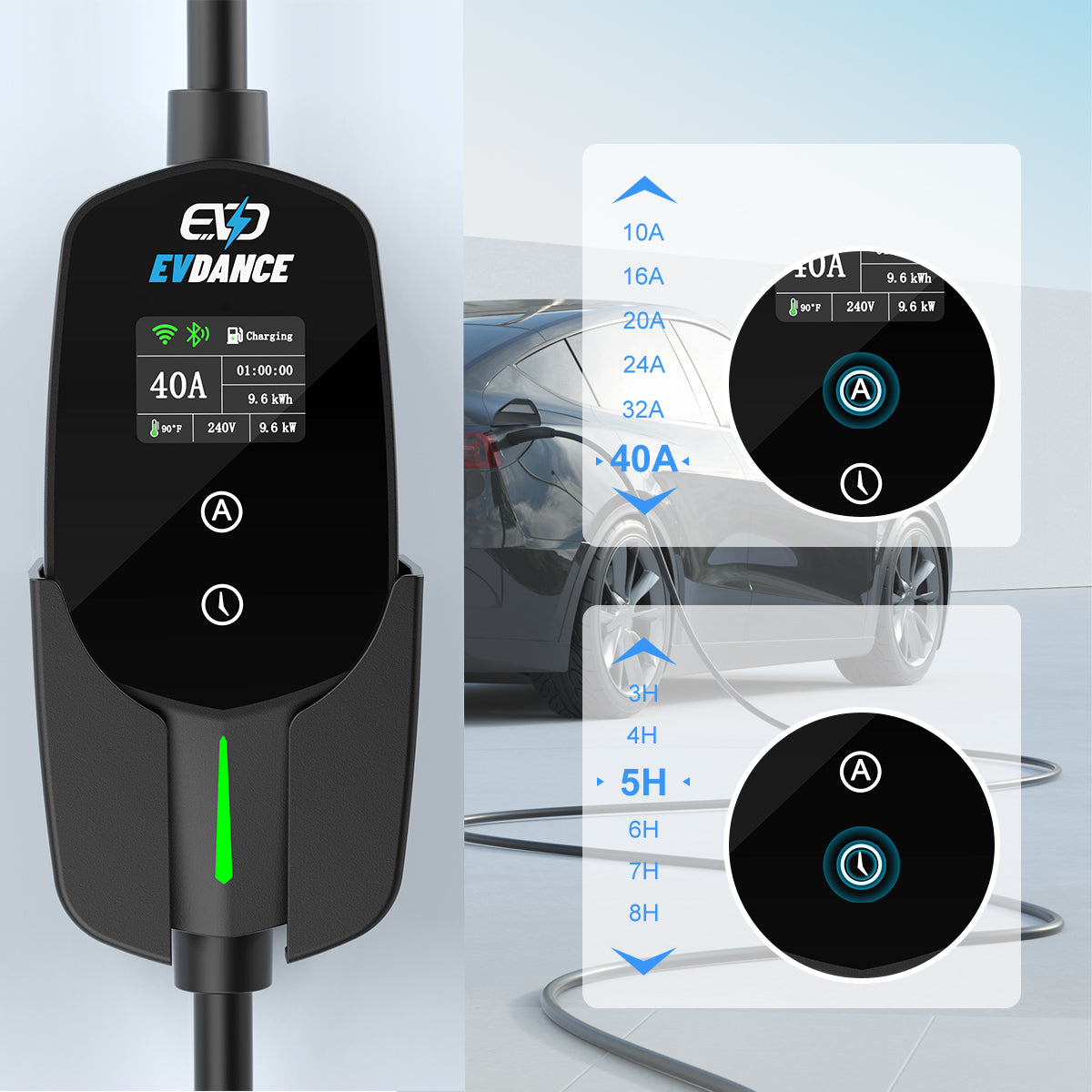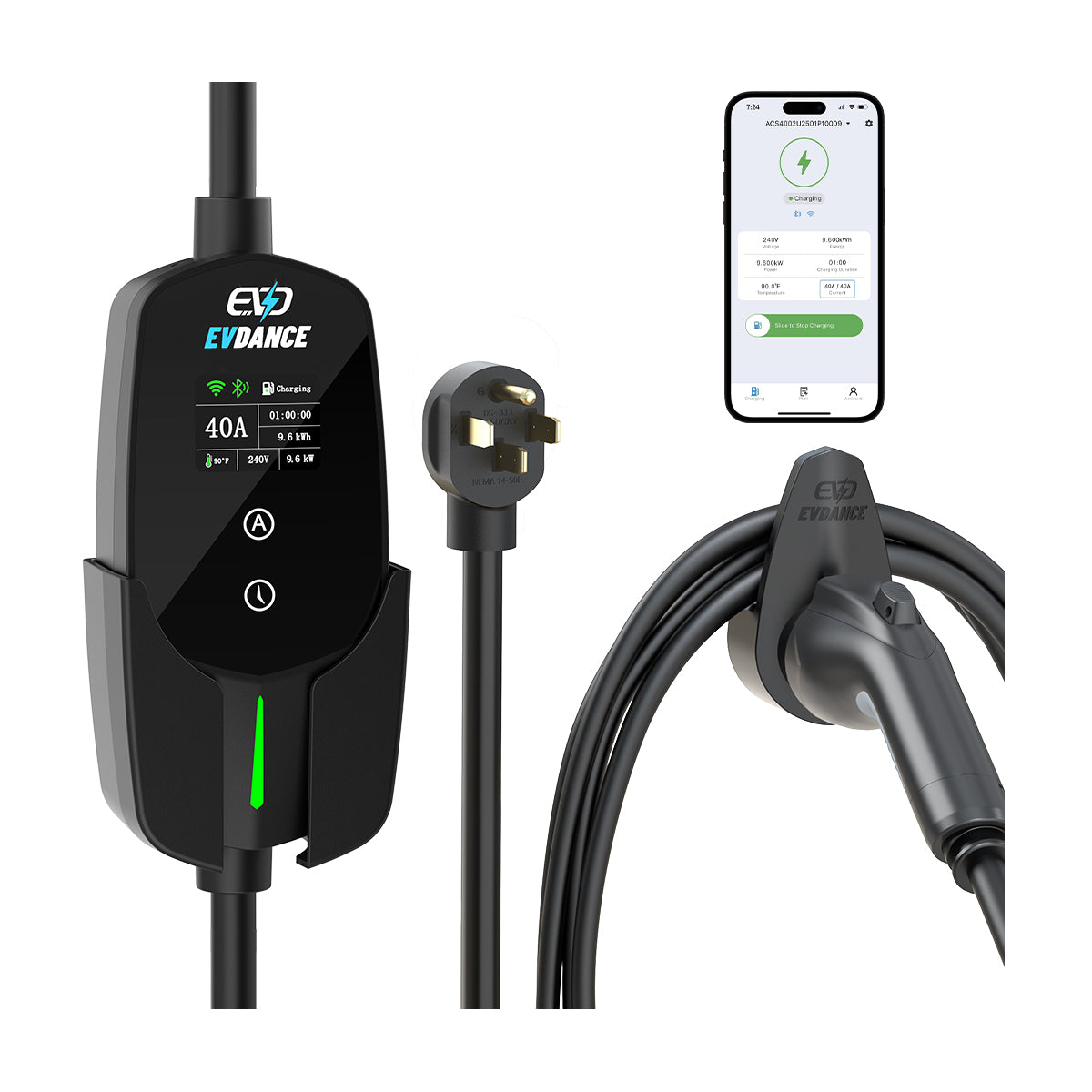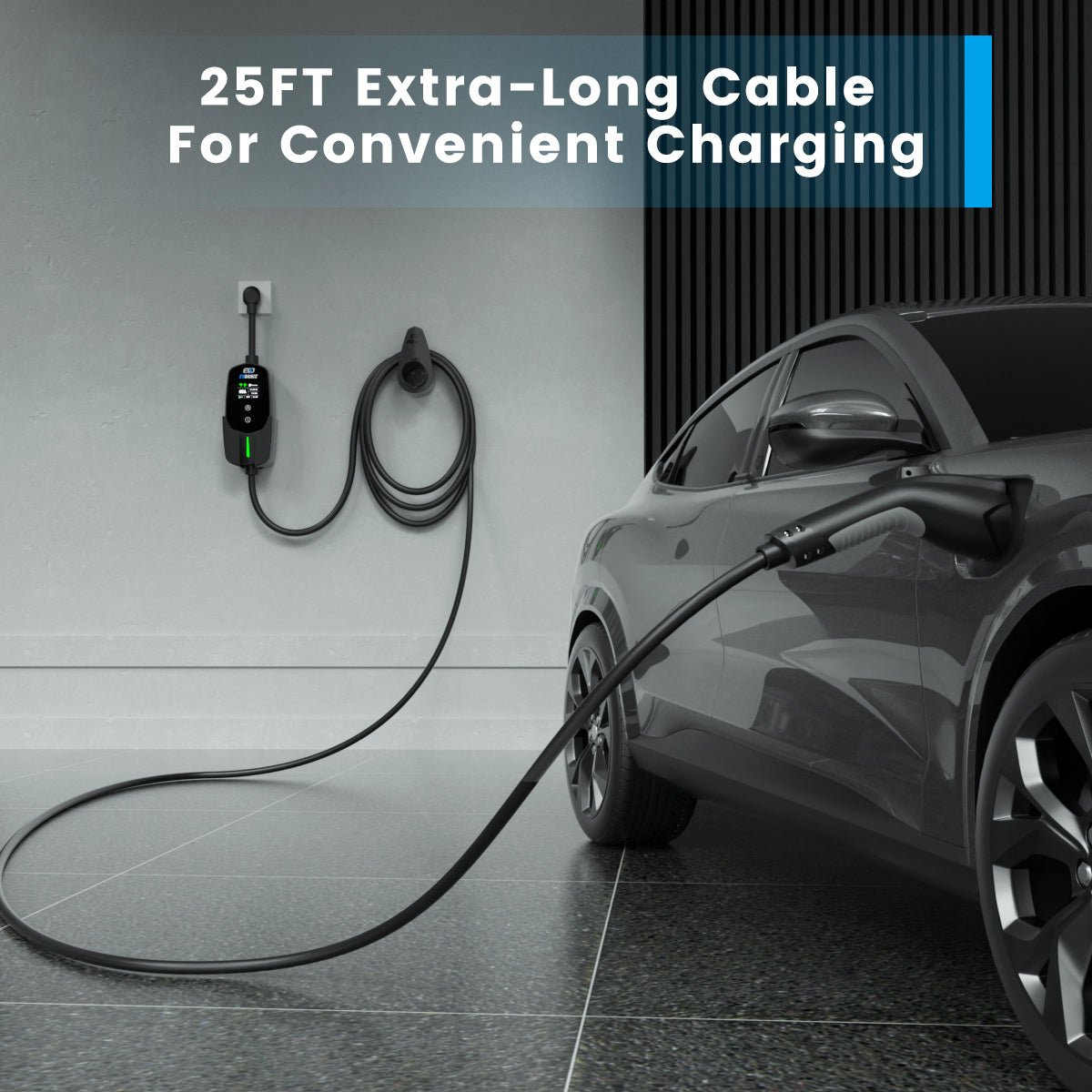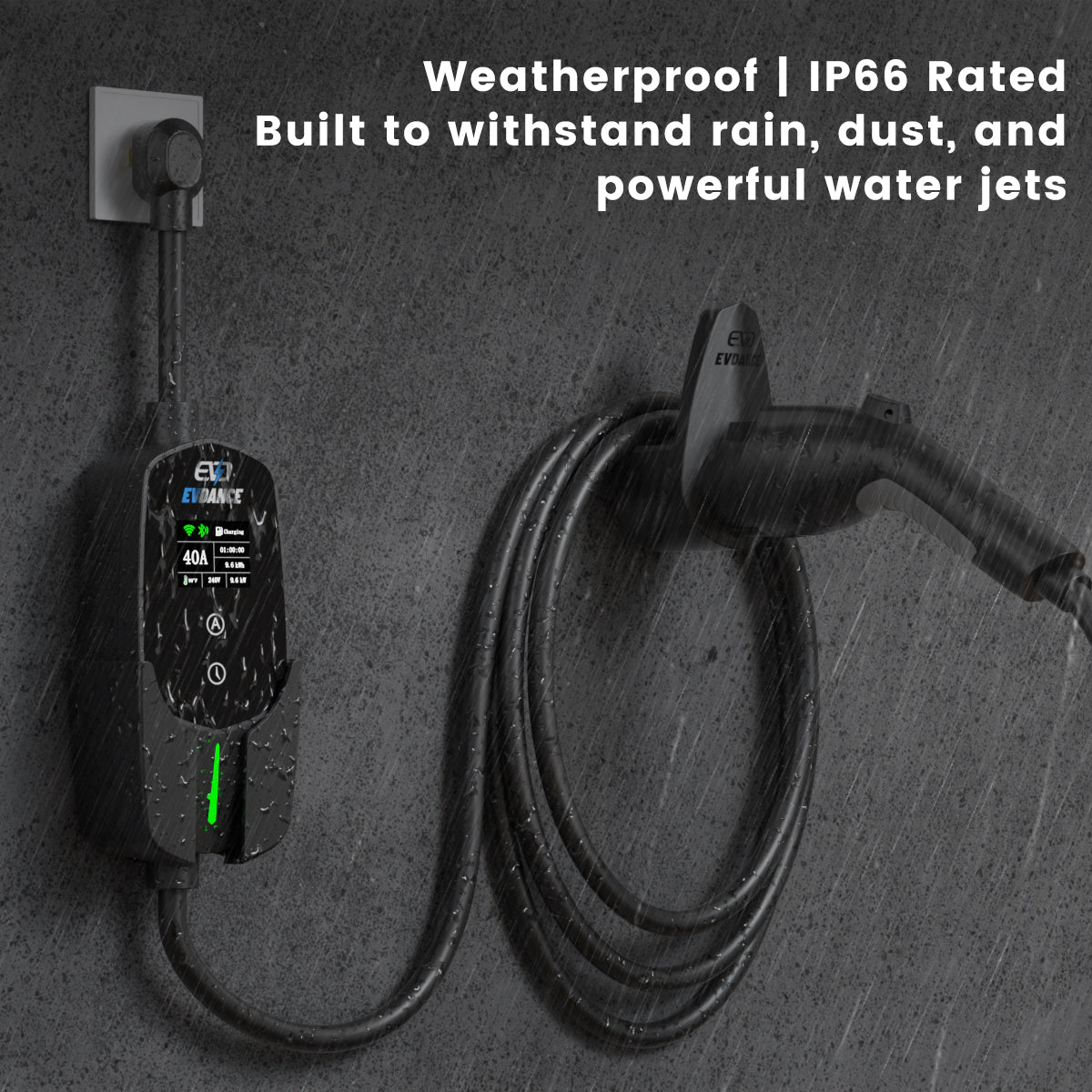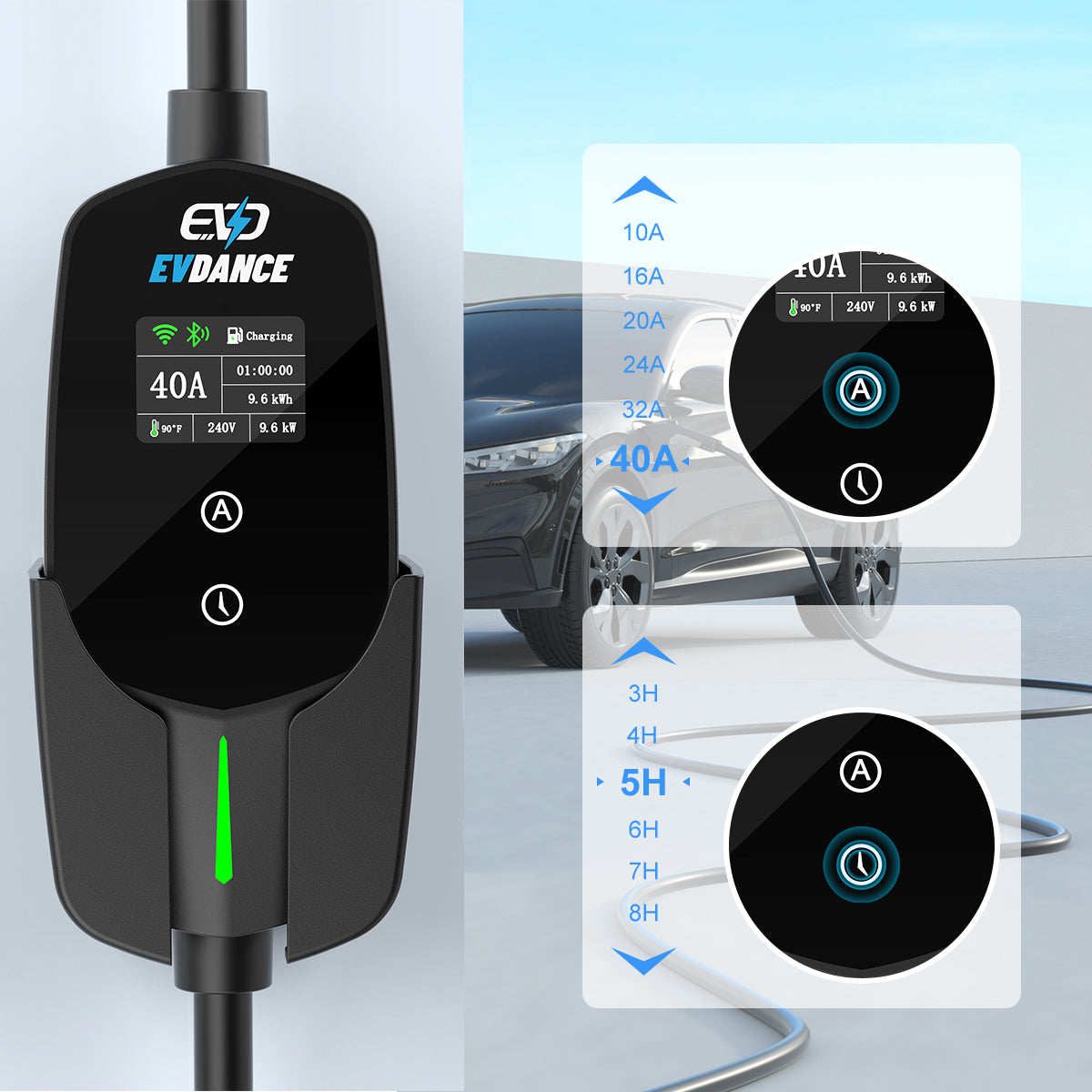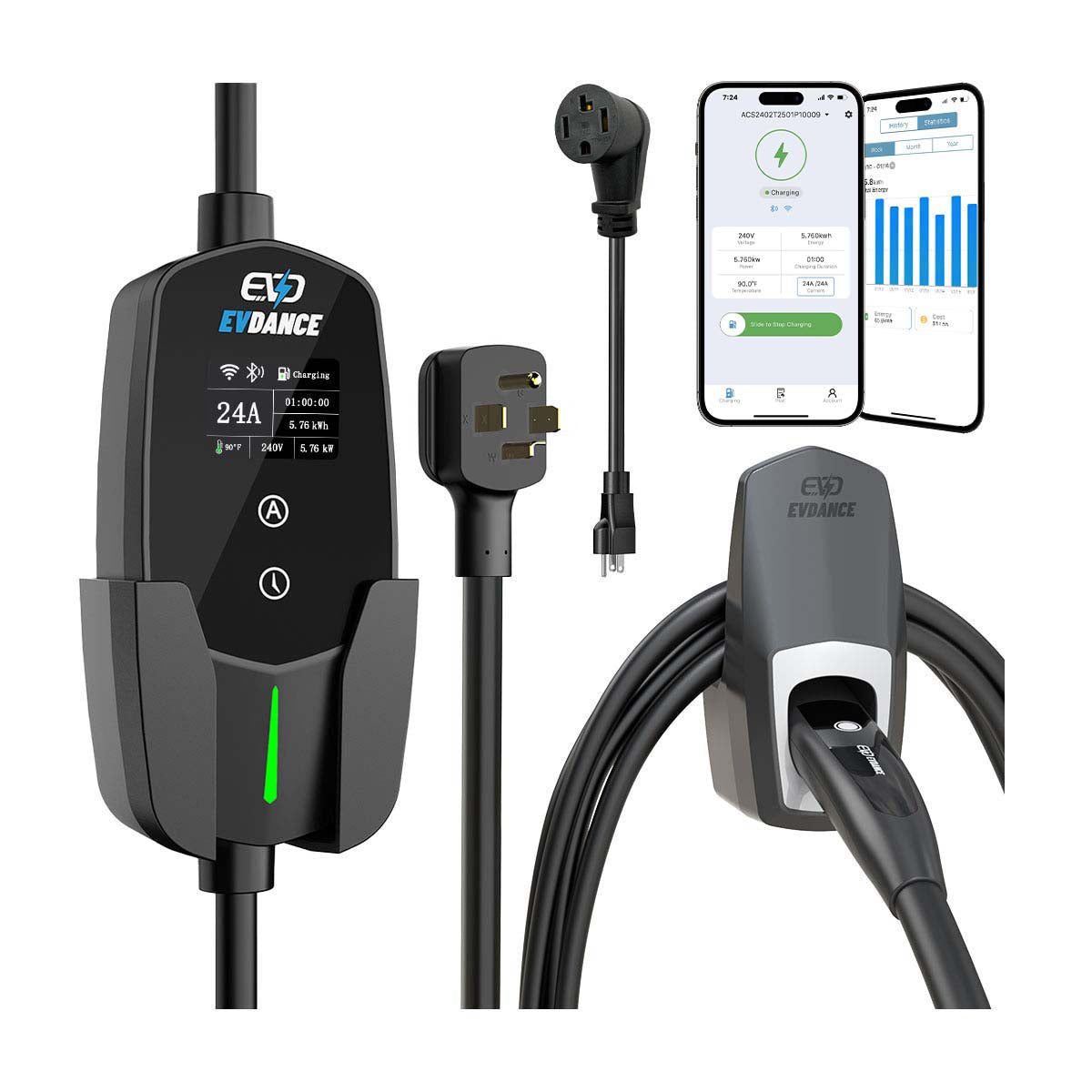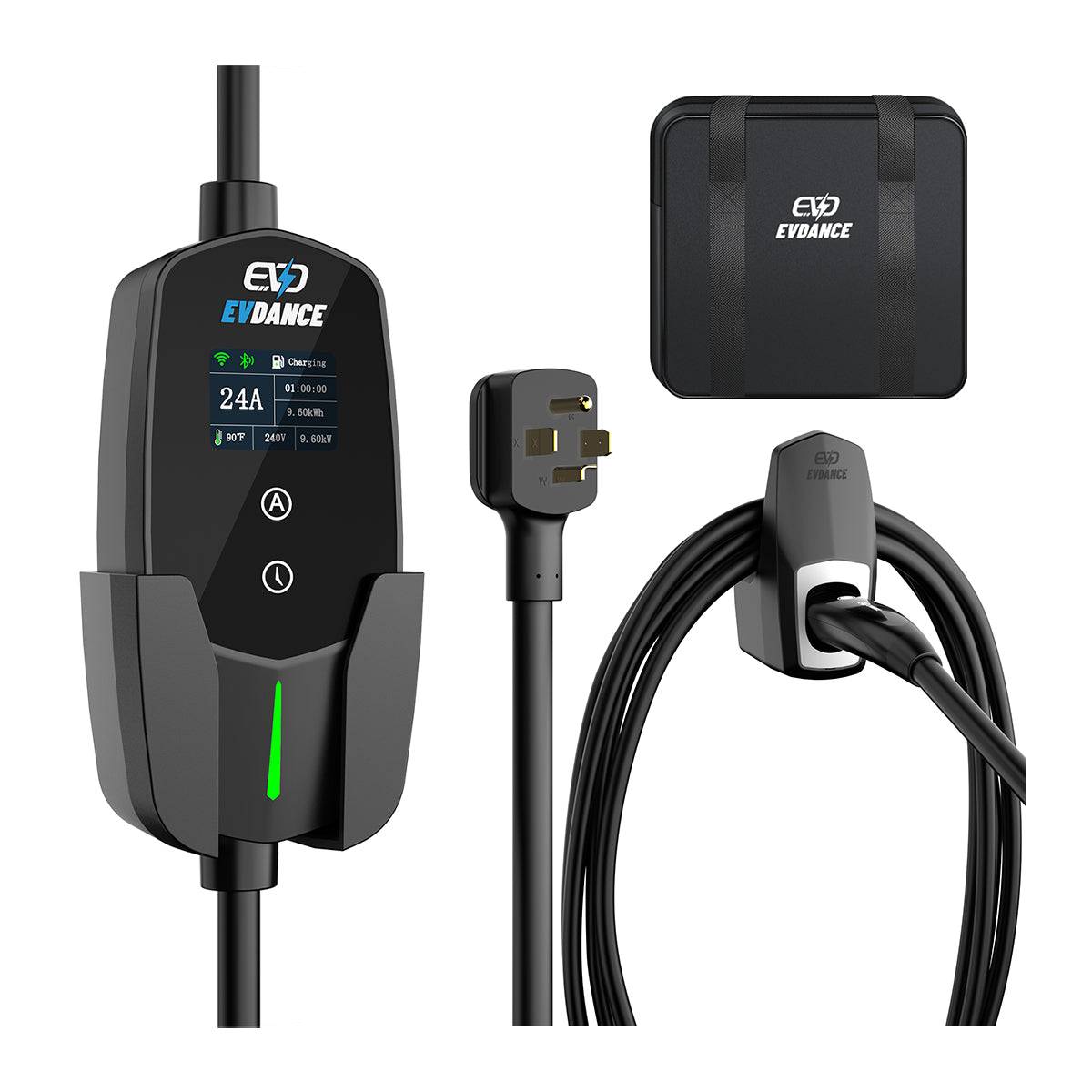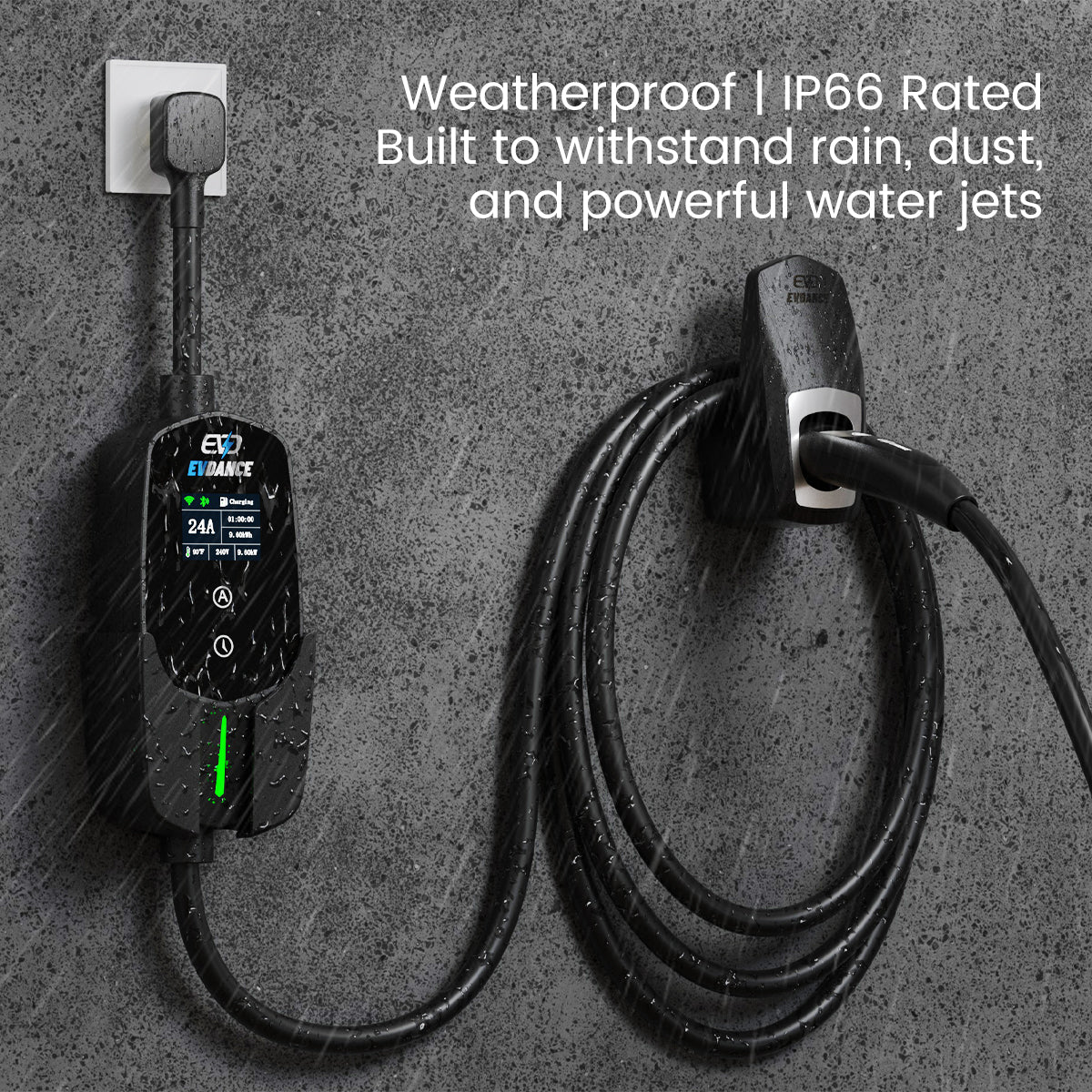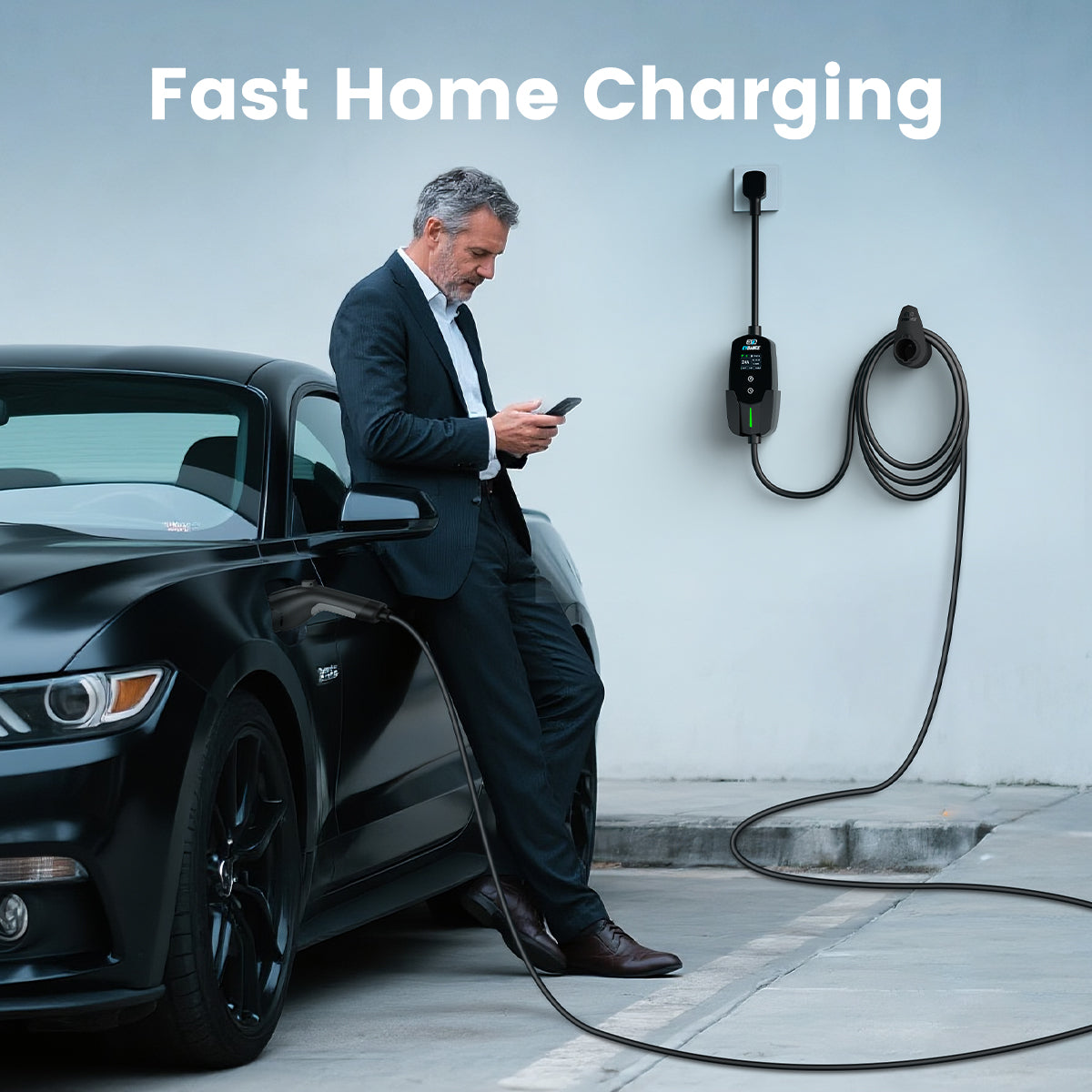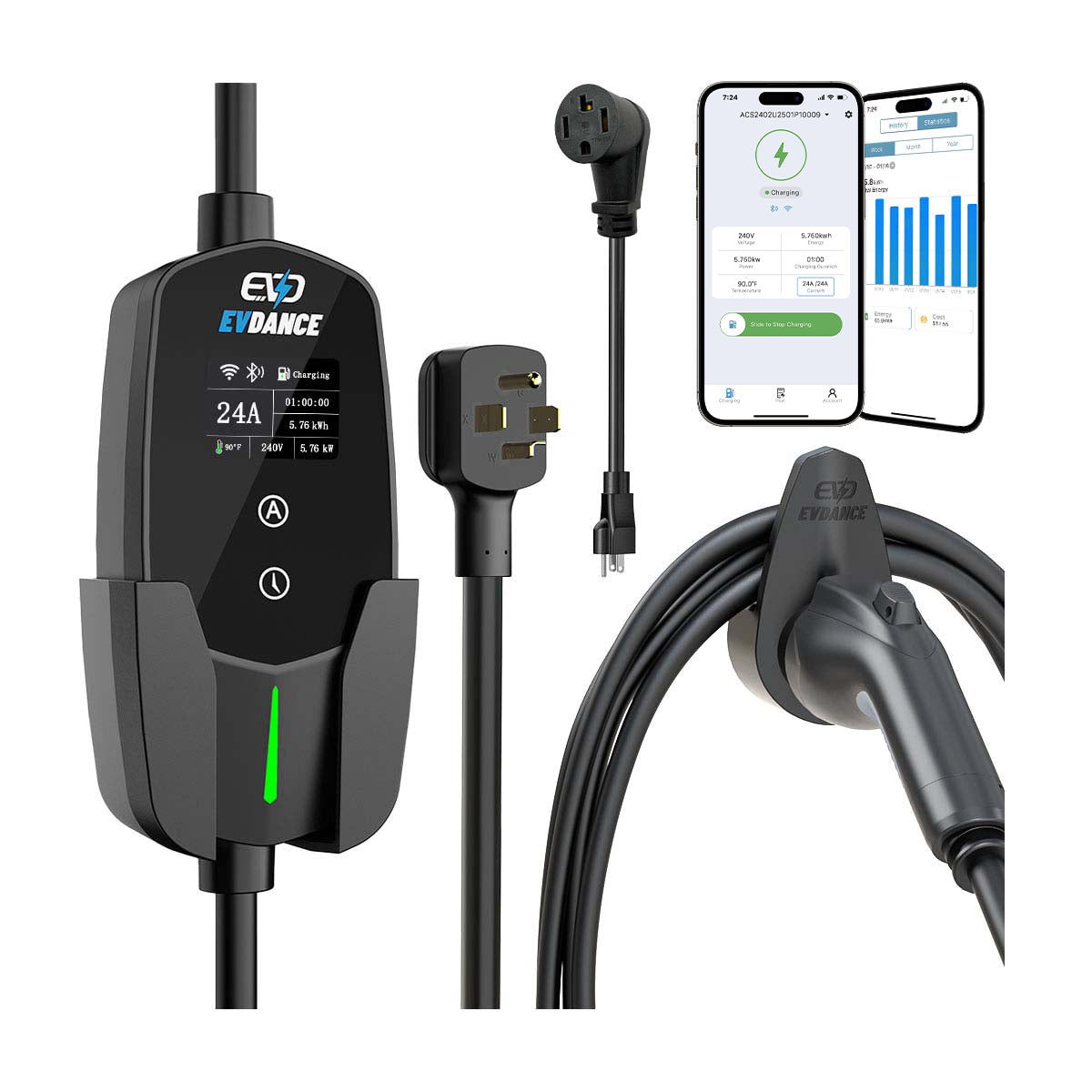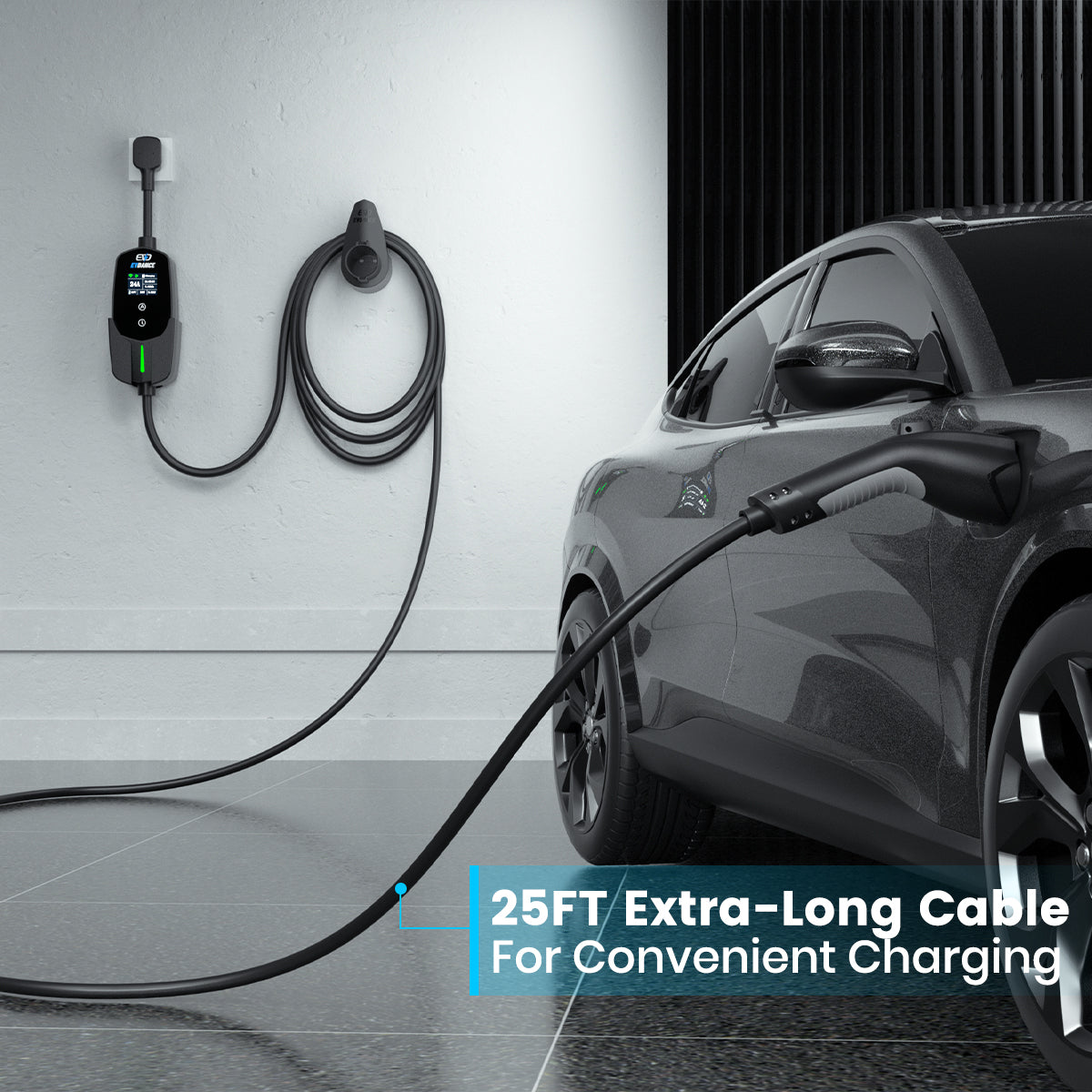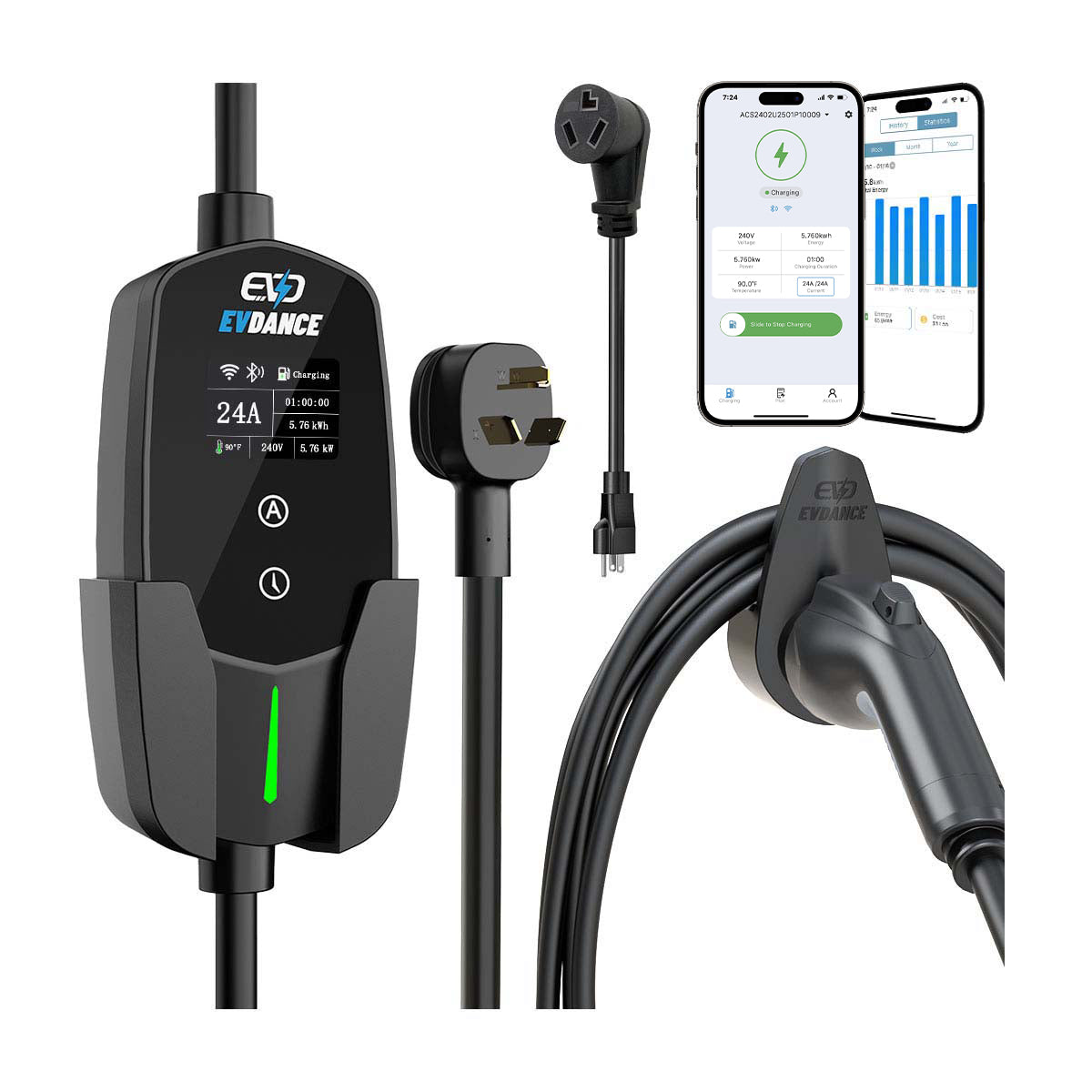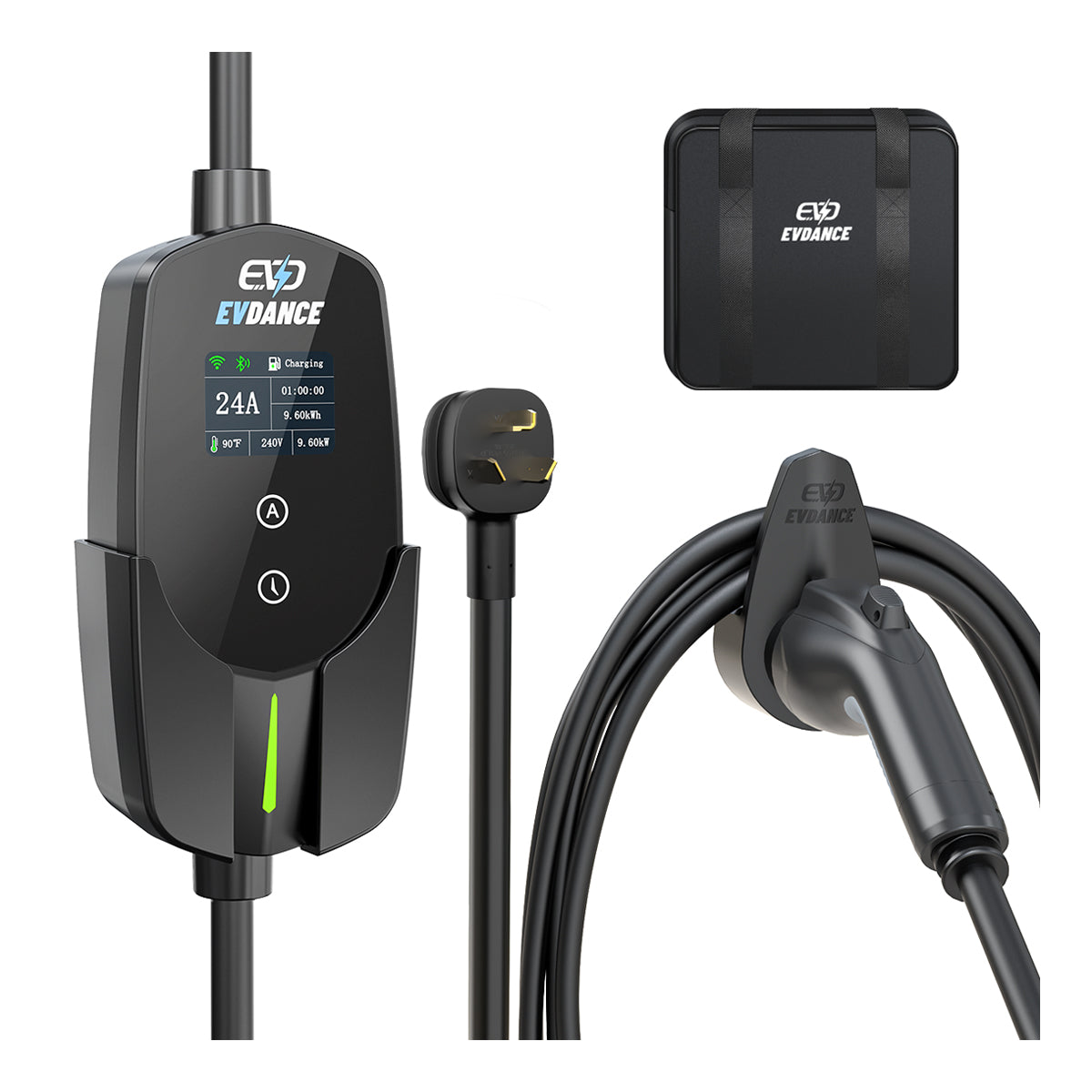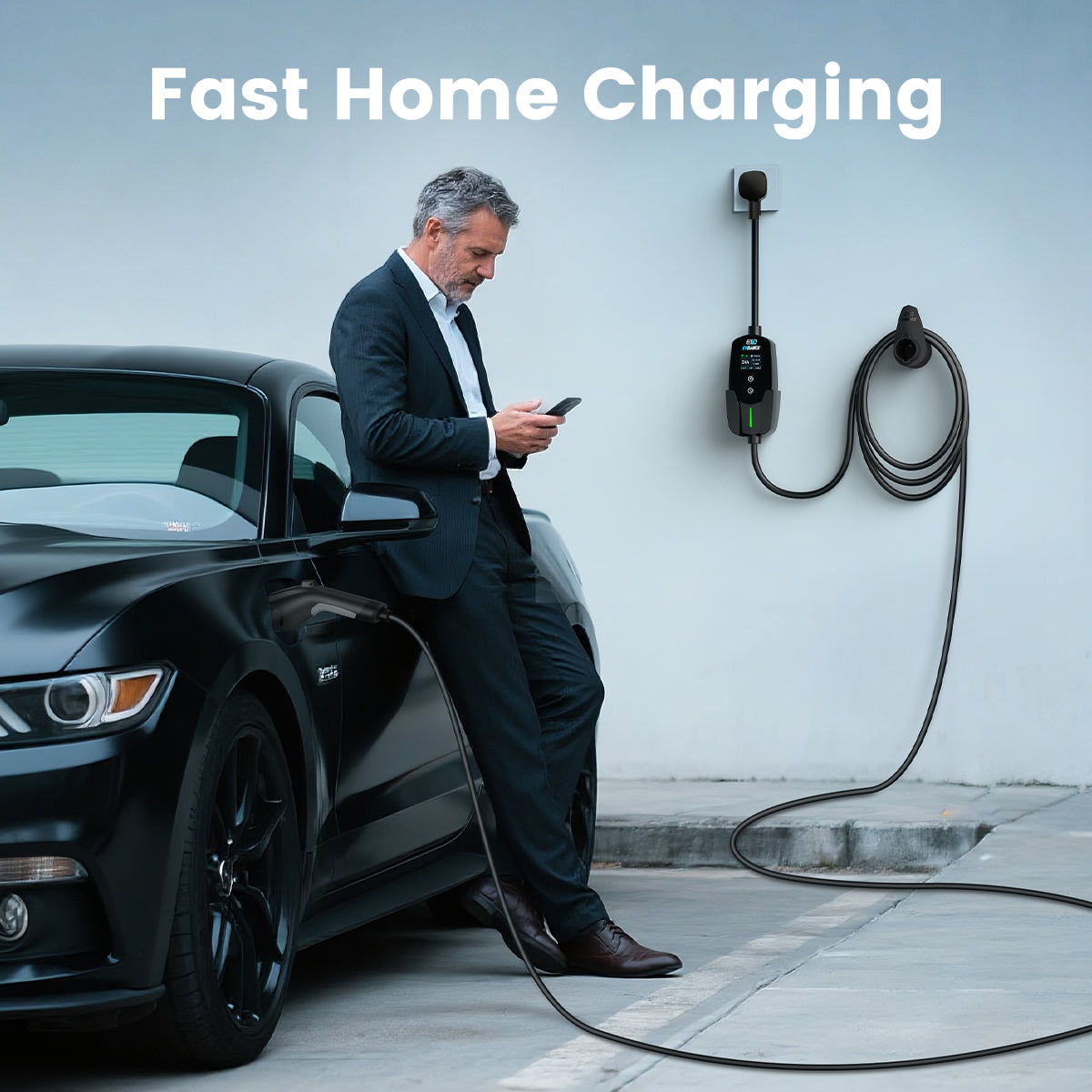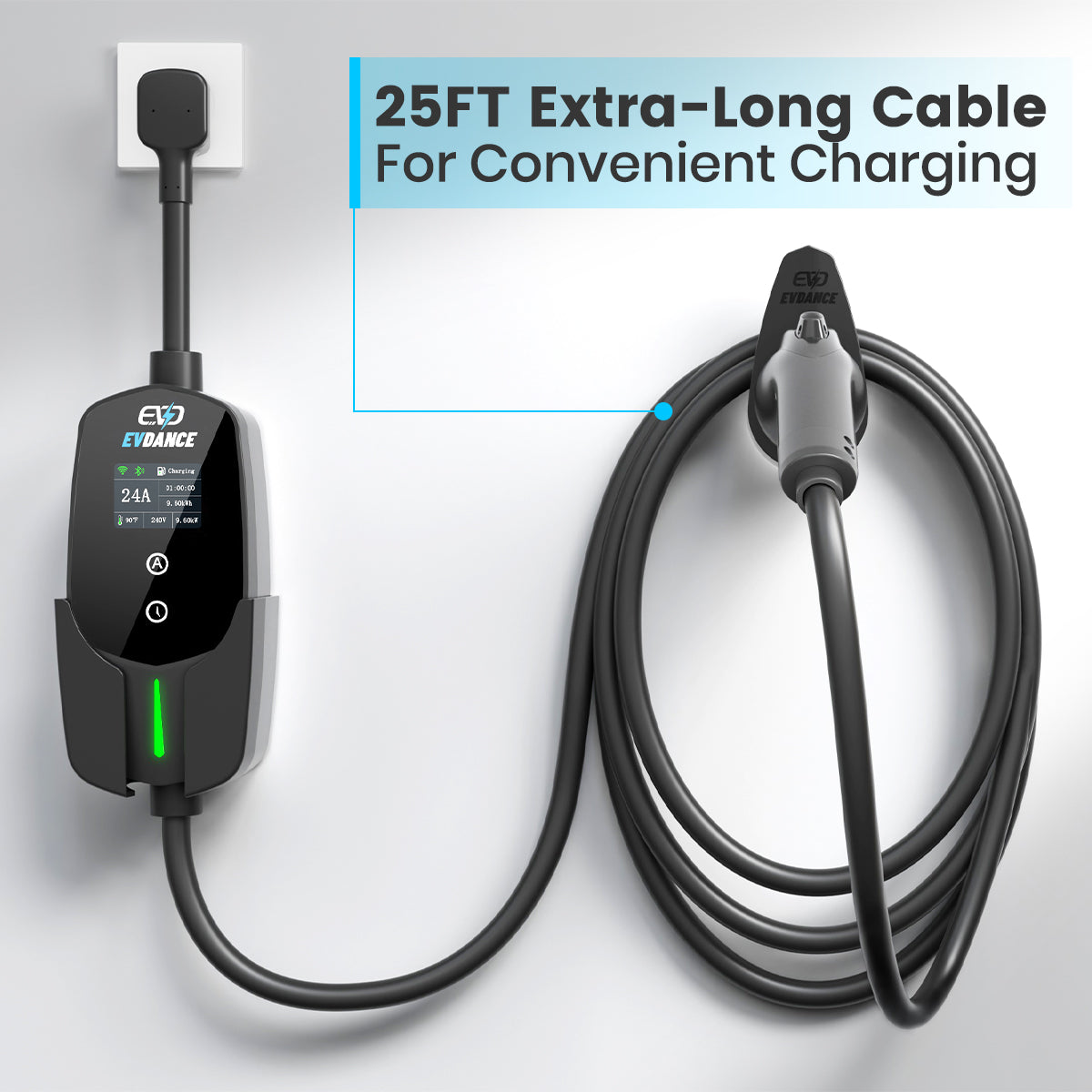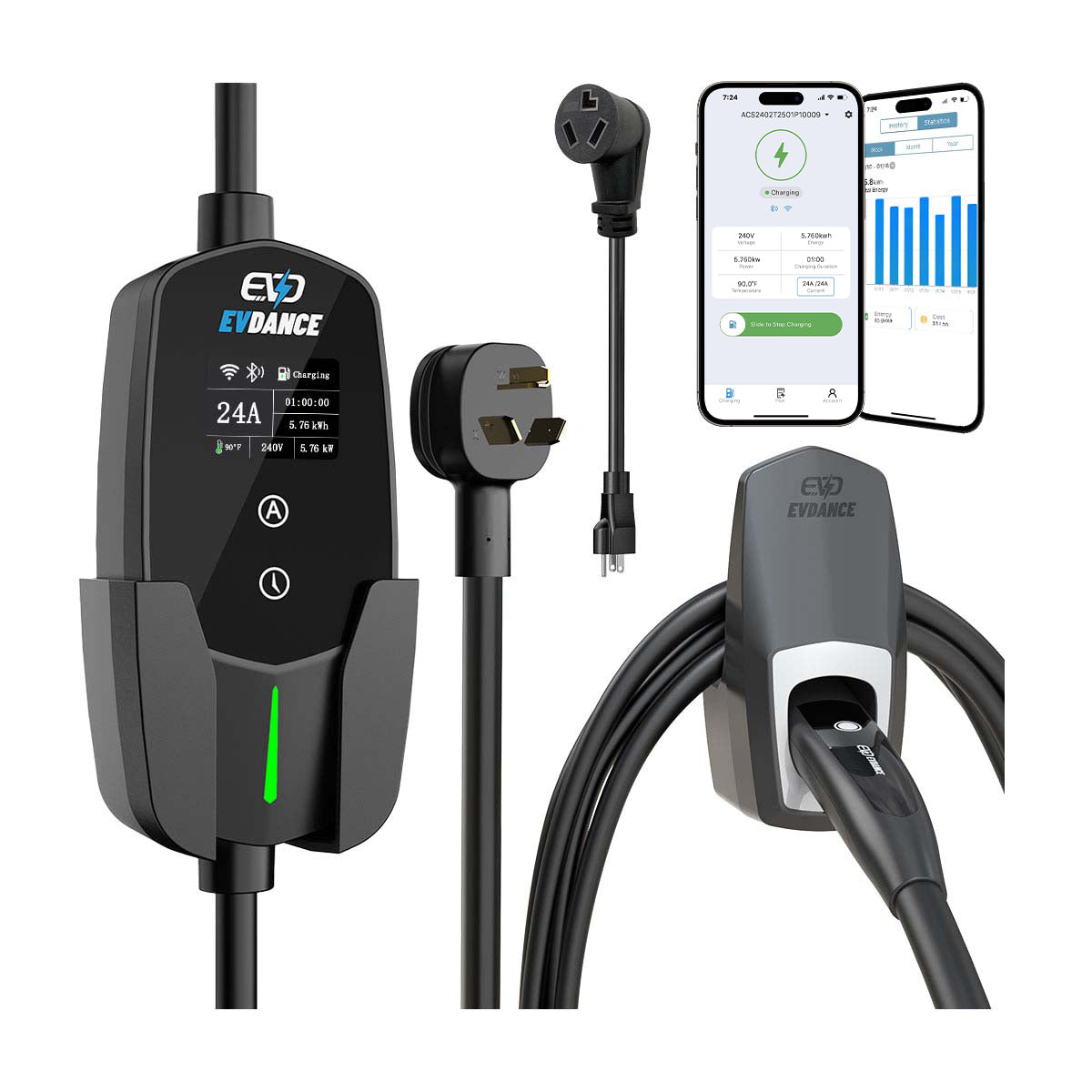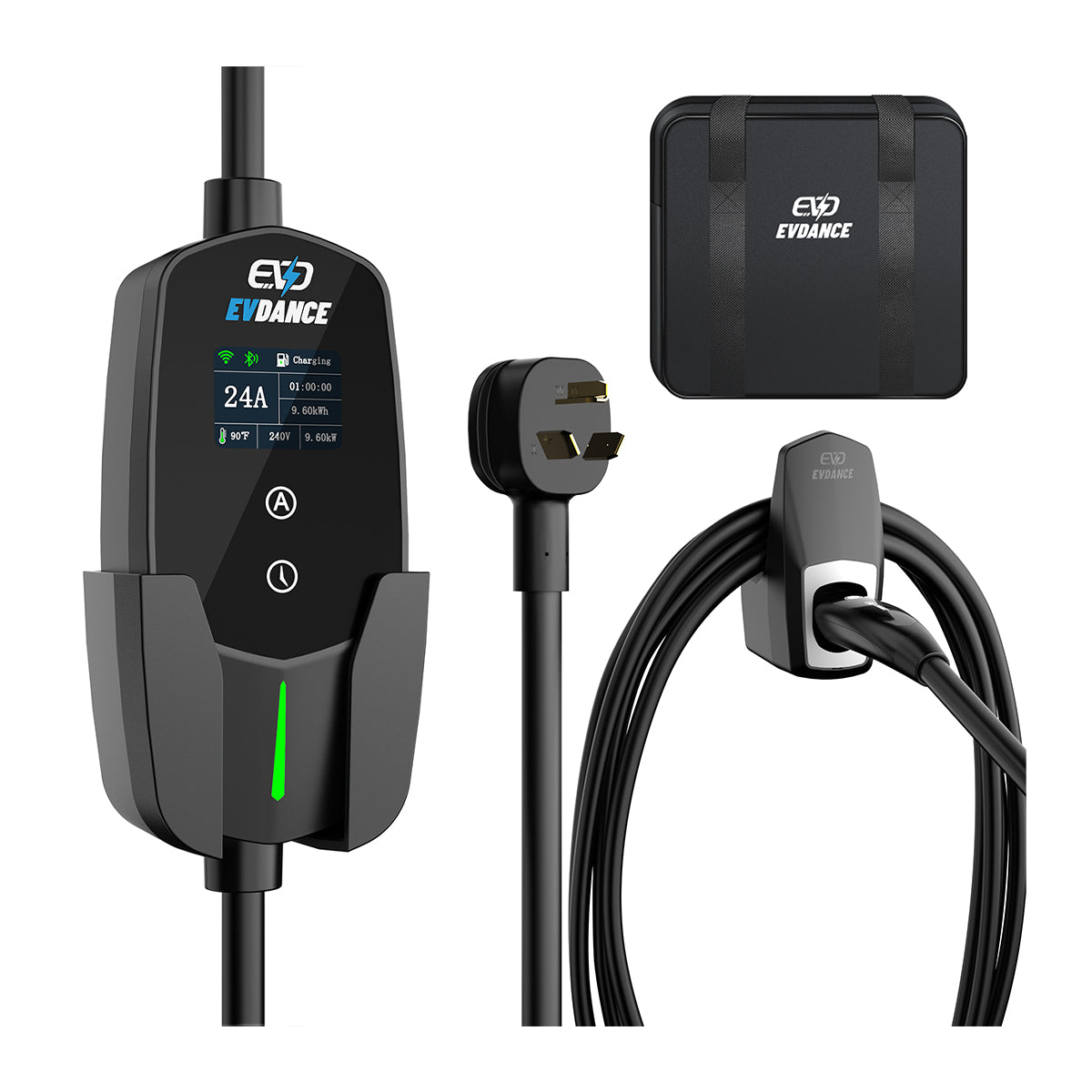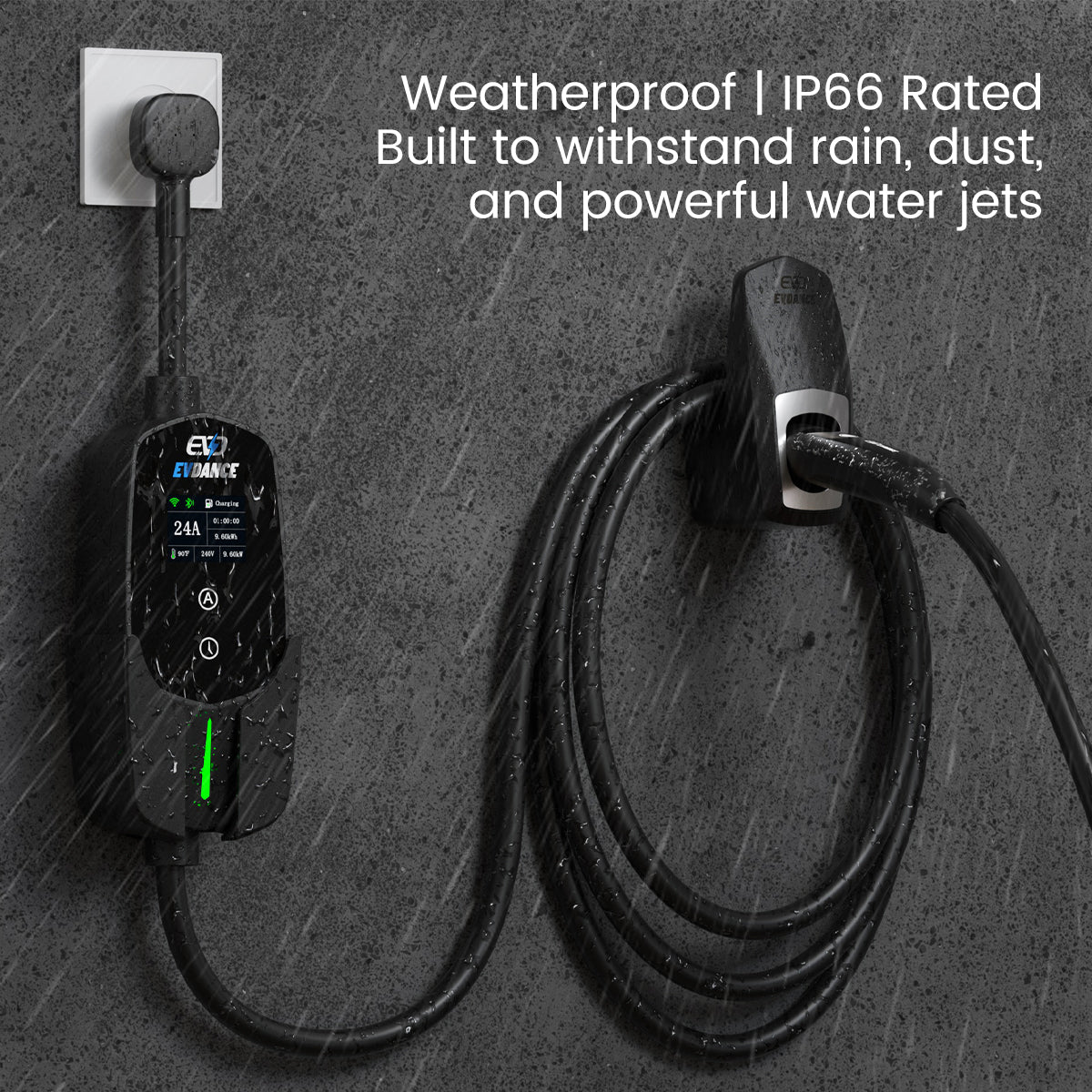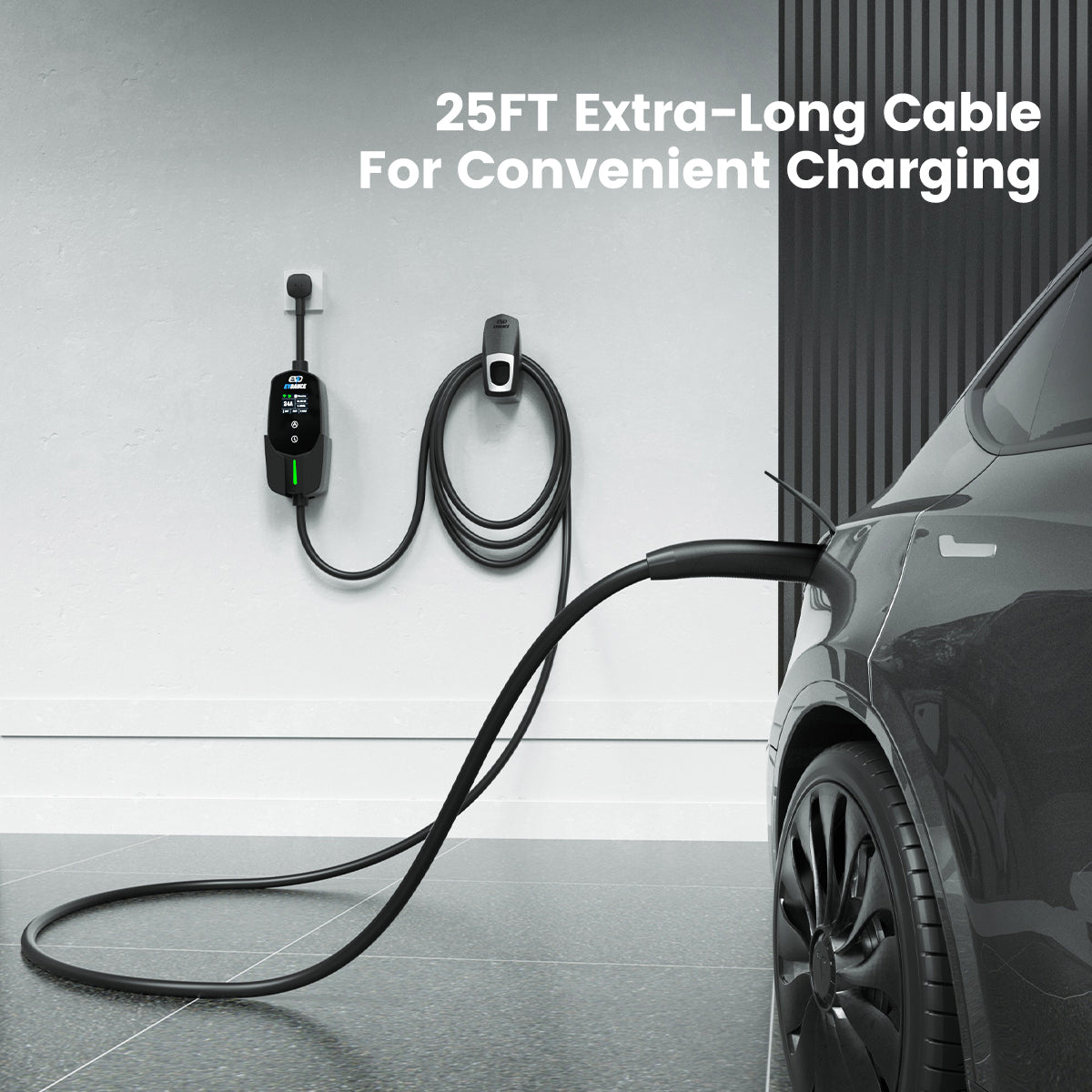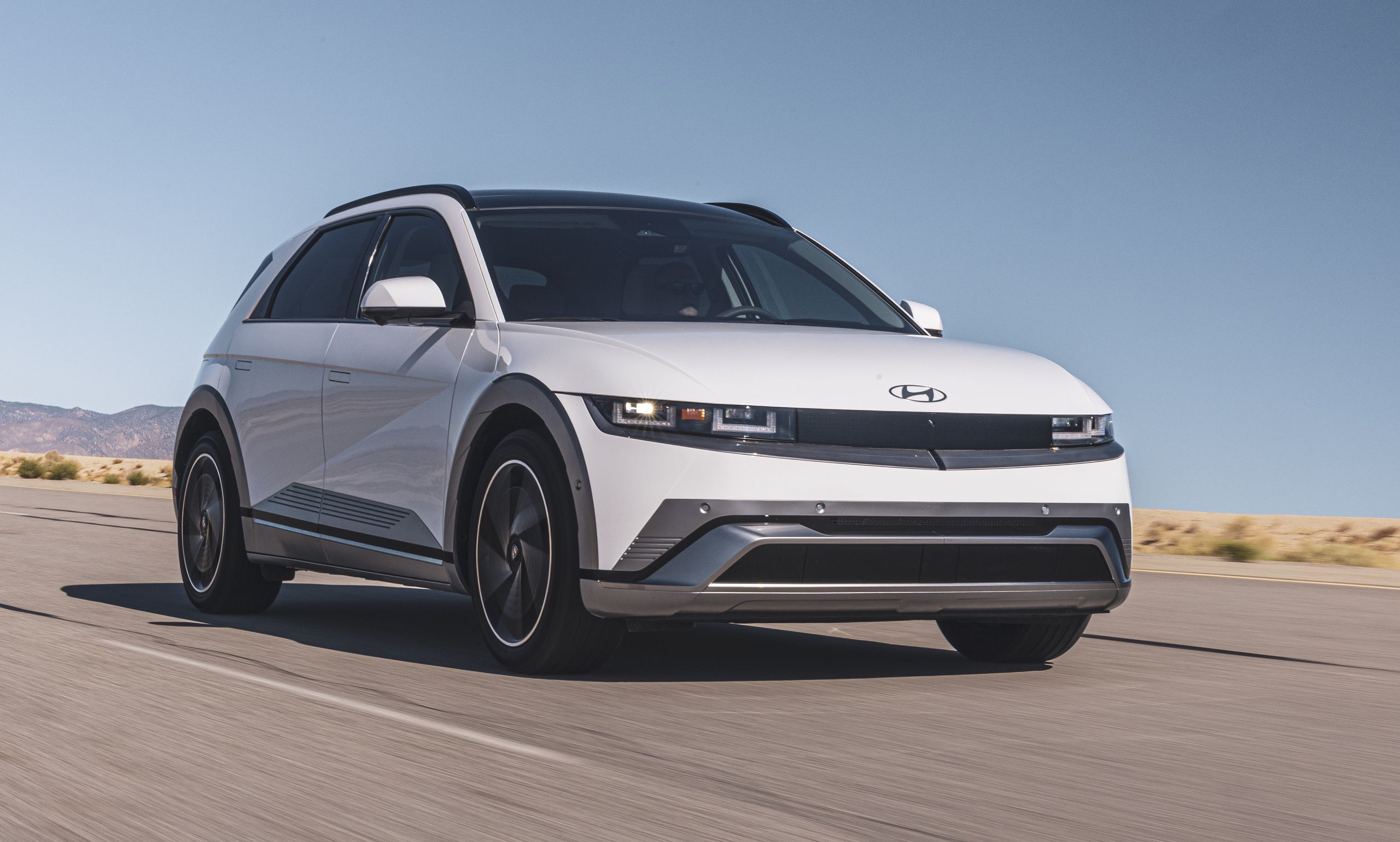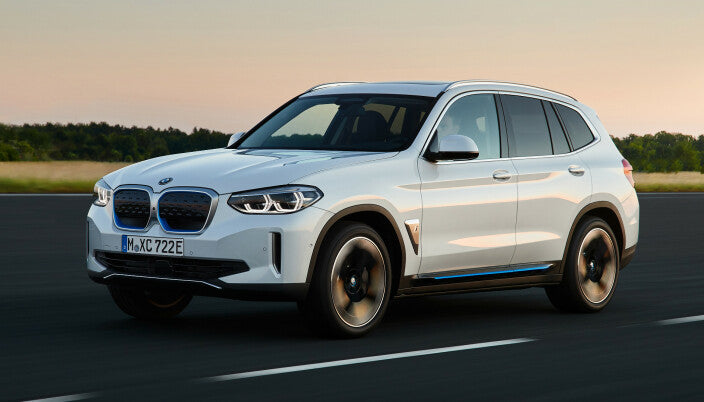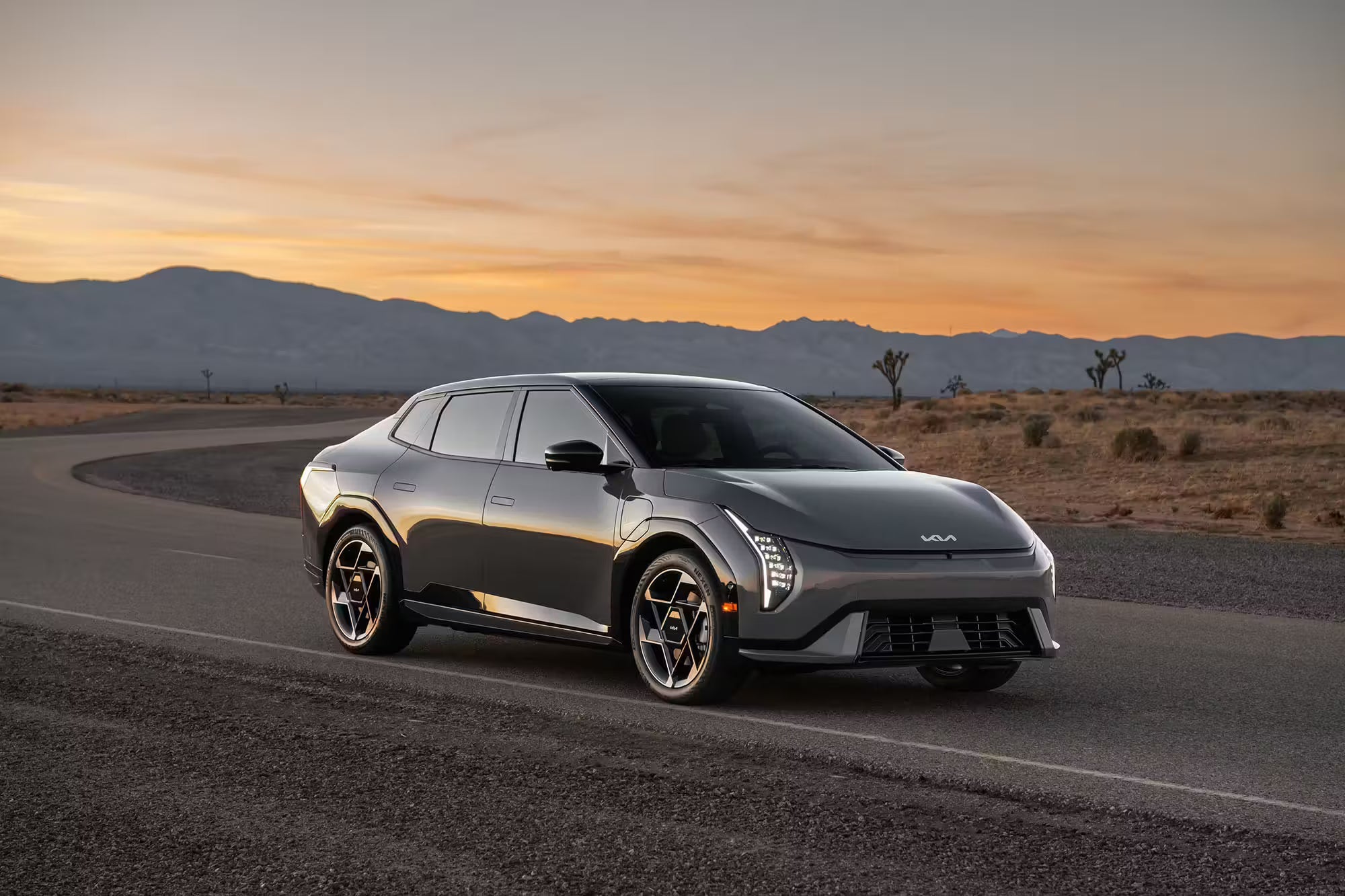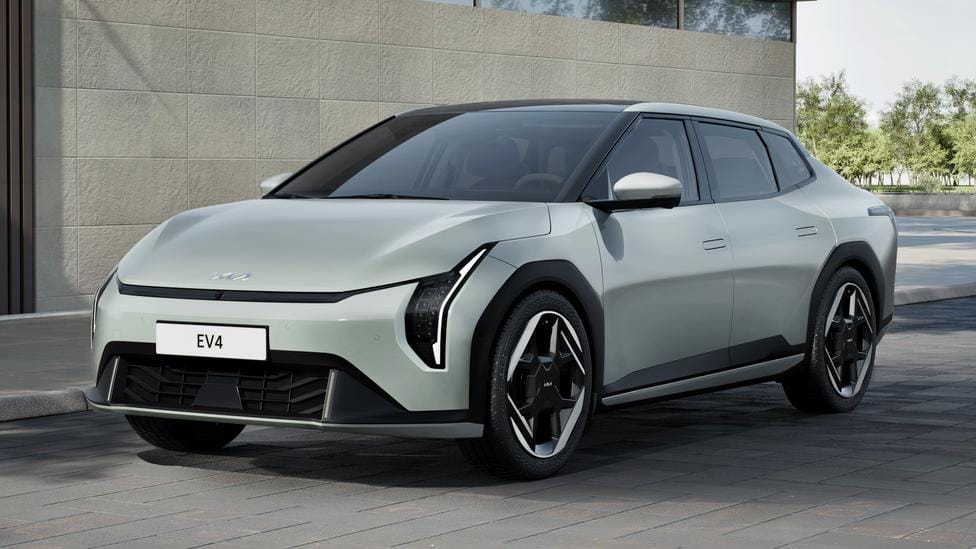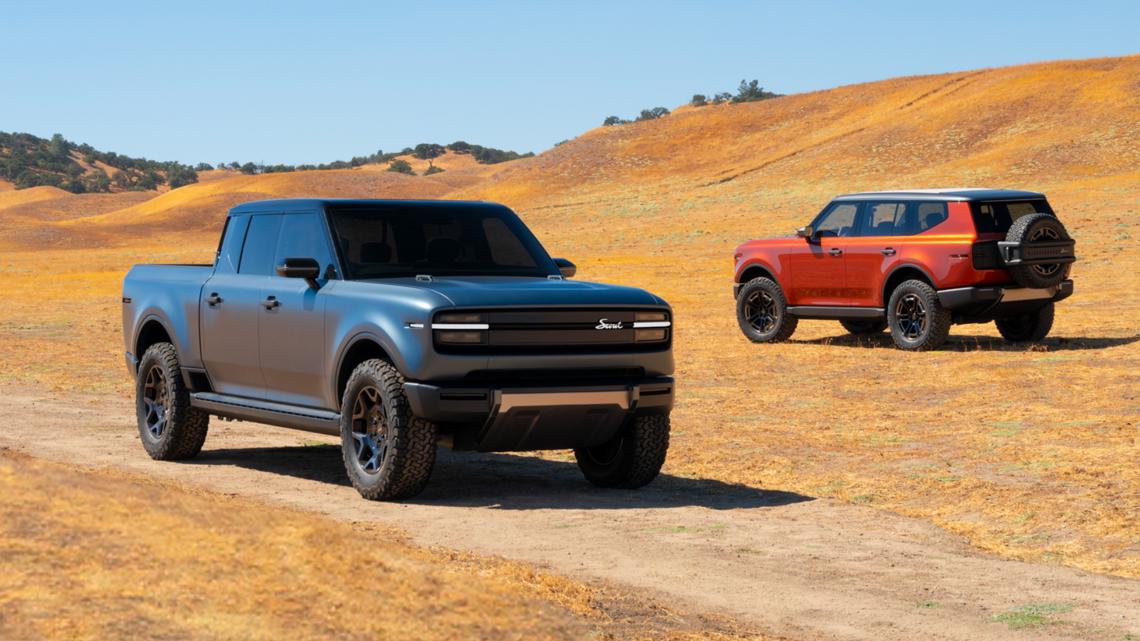AS SEEN ON
RECOMMENDED BY

Kim Java
If you go to a friend's house and their car is blocking the charger or the charger is in an awkward spot, or you're travelling just can't quite reach the charger, you can use the extra length that you need.

Robert Rosenfeld
Perfect solution for charging multiple cars without the hassle! Durable, reliable, and makes outdoor charging effortless. Exactly what I needed!

Walter Schulze
When you’re on a roadtrip going to a hotel that has an EV charger, the PlugShare says it's available and working, and when you get there it is ICEd. That's where EVDANCE Extension Cord comes into play.
EV Compatibility
Best Sellers
EVDANCE Flux Level 1 NEMA 5-15 Plug 12A J1772 Portable EV Charger
EVDANCE Flux Level 1 NEMA 5-15 Plug 12A NACS Portable EV Charger
EVDANCE Flux Level 2 NEMA 14-50 40A Tesla Portable EV Charger Wifi Enabled
EVDANCE Flux Level 2 NEMA 14-50 40A J1772 Portable EV Charger Wifi Enabled
EVDANCE Level 2 NEMA 14-30 24A NACS Portable EV Charger
EVDANCE Level 2 NEMA 14-30 24A J1772 Portable EV Charger
EVDANCE Level 2 NEMA 10-30 24A J1772 Portable EV Charger
EVDANCE Level 2 NEMA 10-30 24A NACS Portable EV Charger
Customer Support
Monday - Friday
24/7 Customer Support
1-Year Warranty
EVDANCE Covers A Period Of 12 Months From The Date Of Purchase.
Fast Free Shipping
Fast Free US & DE & CA Shipping 48 - 72 Hours
Secure Payment
On EVDANCE Your Payment Information Is Processed Securely
FAQ
What types of EV chargers are available and which one is right for me?
There are mainly three types of EV chargers: Level 1, Level 2, and DC Fast Chargers. Level 1 chargers use a standard household outlet and are best for overnight charging at home. Level 2 chargers require a 240V outlet and charge faster, making them suitable for both home and public use. DC Fast Chargers provide rapid charging and are commonly found in public charging stations.
How long does it take to charge an electric vehicle?
Charging time varies based on the charger type and the vehicle's battery capacity. Level 1 chargers can take 8-20 hours to fully charge, Level 2 chargers can take 4-8 hours, and DC Fast Chargers can charge up to 80% in 20-40 minutes.
What are the costs associated with installing an EV charger at home?
The cost of installing an EV charger at home depends on the type of charger, installation complexity, and local labor rates. Level 1 chargers generally cost less since they can use existing outlets, while Level 2 chargers may require electrical upgrades and can cost between $500 to $2,000 including installation. Incentives and rebates might be available to offset these costs.
Are there incentives or rebates for installing EV chargers?
Yes, many regions offer incentives and rebates for installing EV chargers. These can come from federal, state, or local governments, as well as utility companies. Incentives may cover part of the installation costs, provide tax credits, or offer rebates on the purchase of the charger. It's advisable to check local resources for specific programs available in your area.
What is the difference between a connector and a charger?
A connector refers to the physical plug that connects the EV to the charging station, while a charger is the entire system that delivers electricity to the EV. There are different connector types depending on the region and the charging standard, such as Type 1 (J1772) in North America, Type 2 (Mennekes) in Europe, and CHAdeMO or CCS for fast charging.
How do I apply for tax credits to offset my EV charger installation costs?
Want to learn how to claim a tax credit to offset the cost of installing an electric vehicle charger? See here. 2024 EV Tax Credit: The Best Way to Save on Your EV
Not Found Your Qustions?
Go to our QA Question Bank for more answers!
EV NEWS
Stay current with the latest breakthroughs, sales trends, policy updates, and industry shifts shaping the future of electric mobility. From EV startups to legacy automakers, this section delivers timely insights into the rapidly evolving world of electric vehicles—covering tech innovations, market performance, charging infrastructure, and more.
After the Tax Credit Ended, Here’s What Happened to EV Prices
After the federal EV tax credit expired, U.S. electric vehicle prices rose and leases declined, sparking market concerns. Yet data from Edmunds shows EV interest remains strong, suggesting the market is stabilizing toward long-term value and sustainability.
Waymo Expands Self-Driving Taxi Service to 12 U.S. Cities by 2026
Waymo is expanding its self-driving taxi network to 12 U.S. cities by 2026, including Detroit, San Diego, and Las Vegas. As competitors like Cruise stumble, the Alphabet-backed firm stays ahead with proven reliability and all-weather autonomous driving tech.
Used BMW iXs Are a Hidden Luxury EV Bargain
The BMW iX, once an $87,000 luxury SUV, has become a top value in the used EV market. With up to 364 miles of range, solid reliability, and premium comfort, it offers a true luxury electric experience for under $45,000—without the usual EV compromises.
U.S. EV Sales Plunge After Tax Credits Expire
EV sales in the U.S. have fallen sharply since the federal tax credit ended, dropping from 12% to 5% market share in a month. Automakers are cutting prices and slowing production as demand cools, signaling tough times ahead for the electric car market.
Kia EV4 U.S. Launch Put On Hold Amid EV Market Uncertainty
Kia’s much-anticipated EV4 sedan, expected to challenge the Tesla Model 3 with 330 miles of range and a $30K price tag, has been delayed in the U.S. indefinitely. The decision comes amid tariffs, lost tax credits, and a cooling American EV market.
Scout Motors’ 130,000 Reservations Show Drivers Still Want Gas Backup
Scout Motors has logged 130,000 reservations for its new Terra and Traveler SUVs, with more than 80% of buyers choosing range-extended versions that include a gas-powered generator. The trend highlights Americans’ continued caution toward all-electric trucks.




